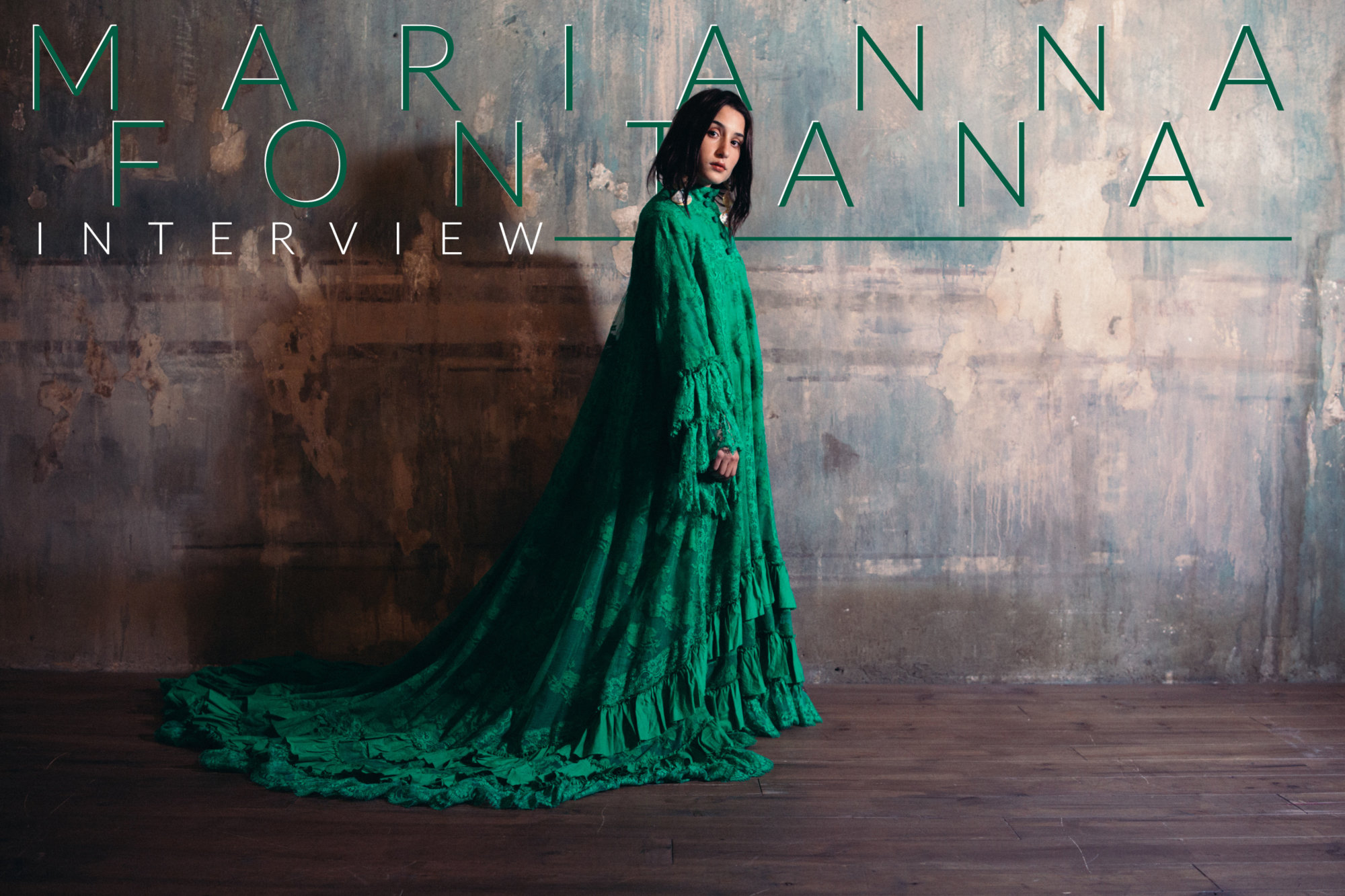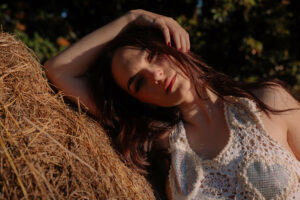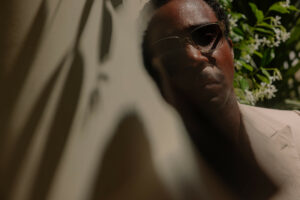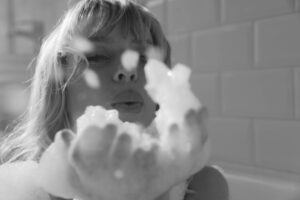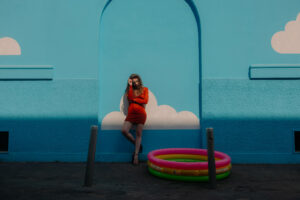Sometimes, when you see a special person entering the room, you just know it.
This is exactly what happened with Marianna Fontana the first time we met her in our editorial office where we interviewed her on her new film “Capri-Revolution” (which premiered in September in the competition section at the Venice Film Festival) but when we also talked about her passions, her must-haves on set and her art inspirations.
A girl who wants the Revolution, with a sharp-shaped face that as she likes to call it, is real. A face that brings truth to every project she does, a voice that brings poetry. Marianna, with her truth, her posture, her fragility and her self-confidence, manages to always charm the screen, but she does it also with the people around her. We loved her spontaneity and her desire to see uniqueness around her, searching for a cinema that has something raw but true, hoping that, especially the Italian one, can become younger and independent.
And here we are to tell you about Marianna’s Revolution.
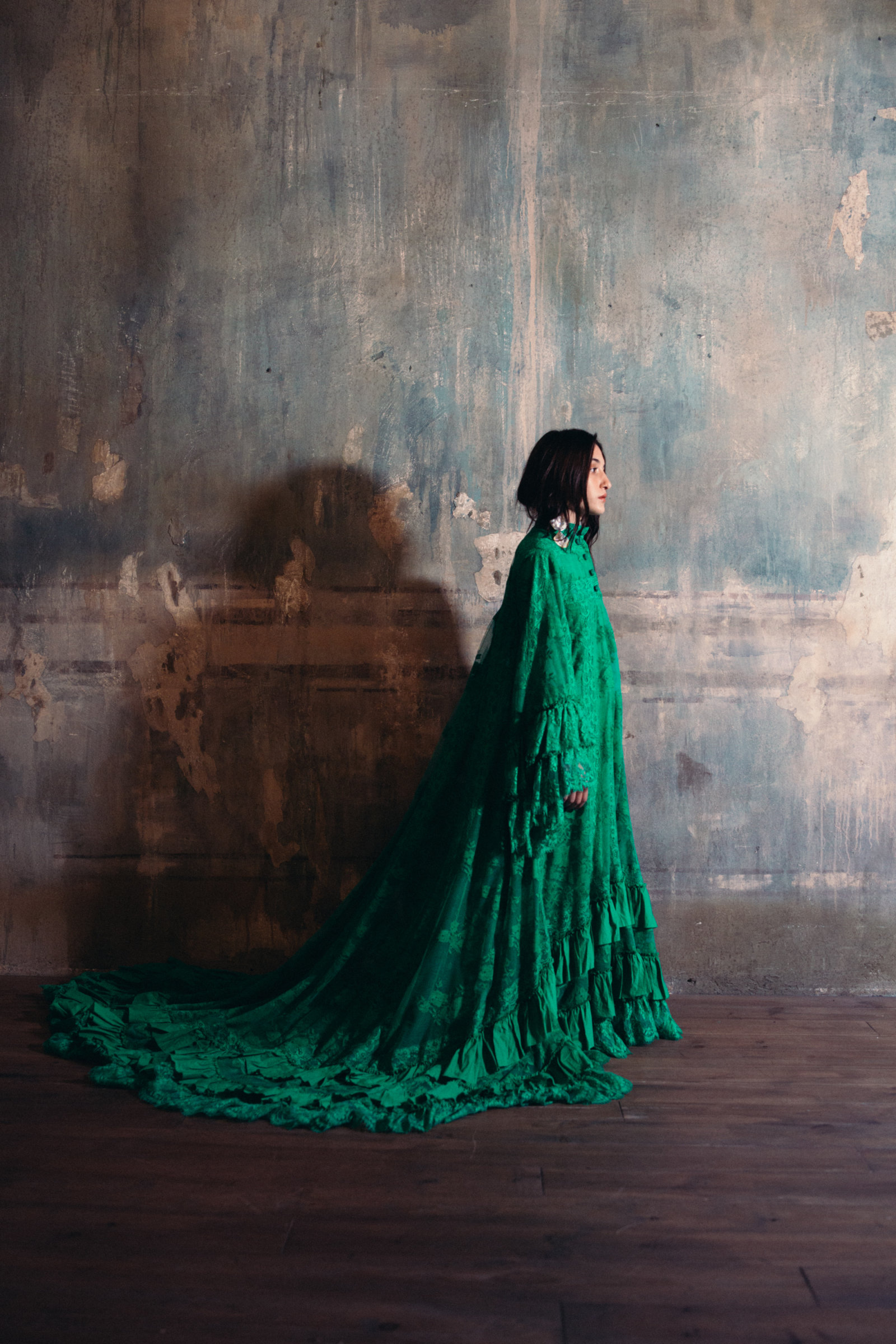
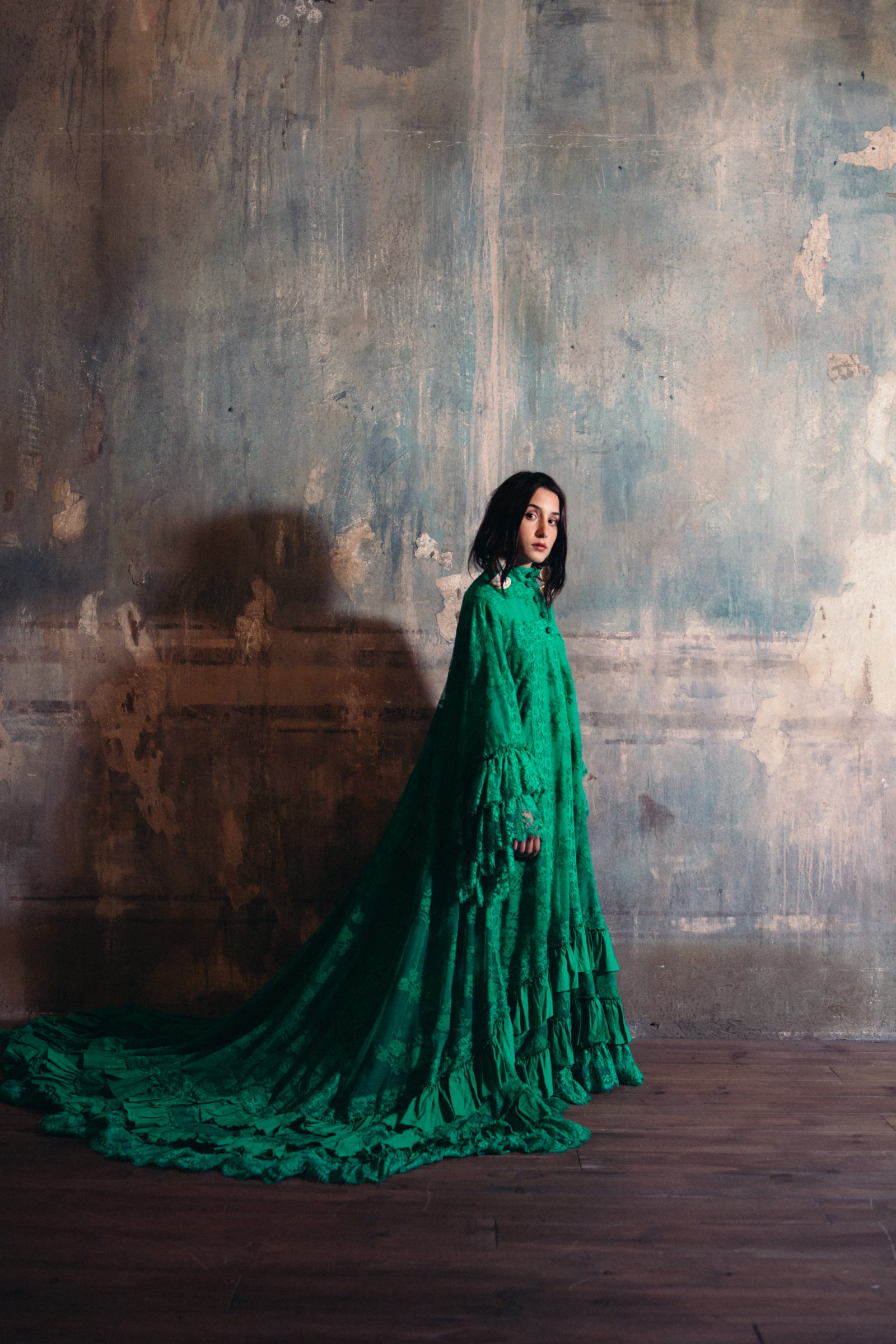
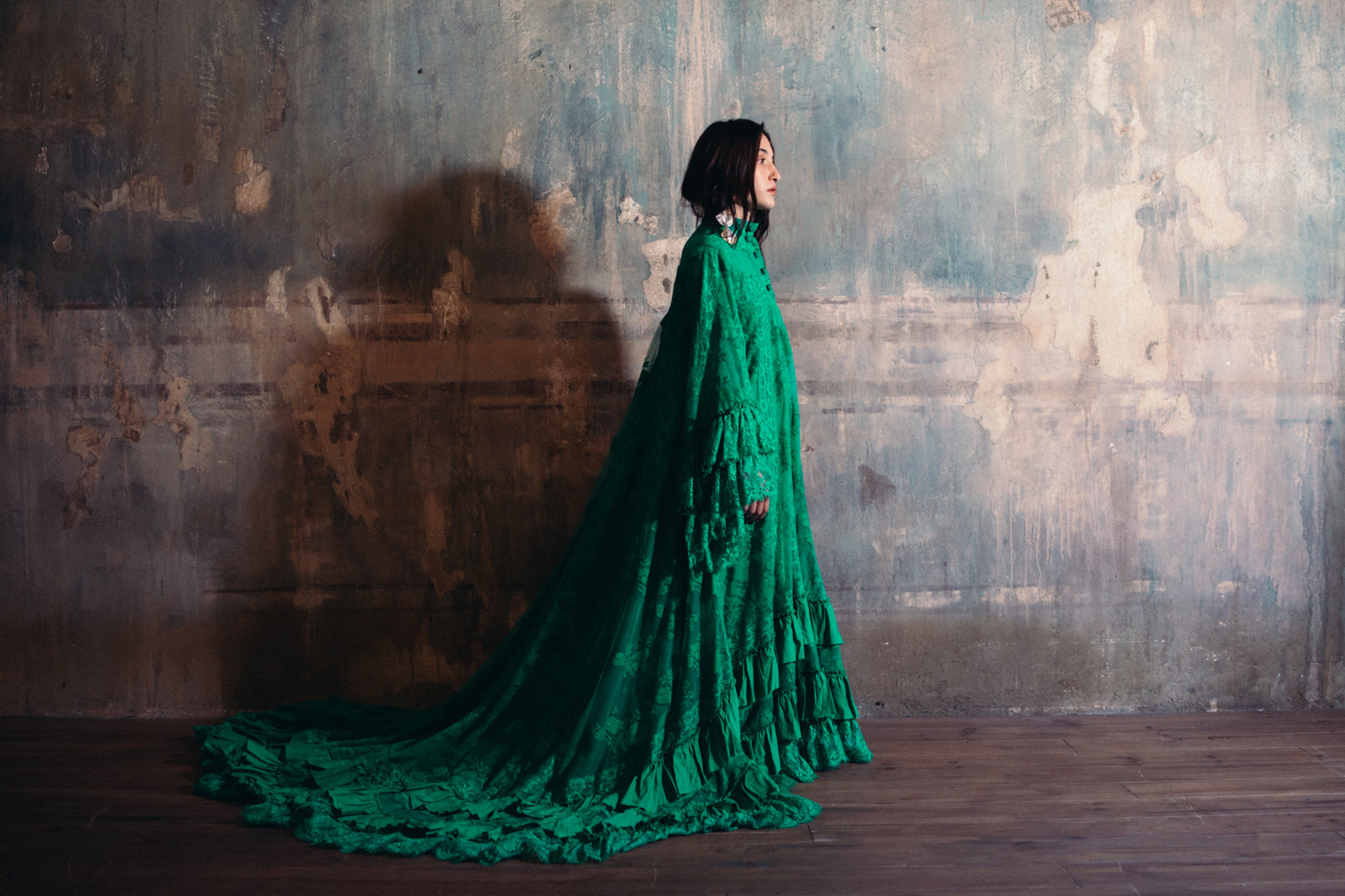
______________
We are curious to know: how did your passion for acting begin?
______________
My passion for acting started when I was 16, more or less by chance, because I was always fascinated by the world of music and art in general. When I was 16, I auditioned with my sister Angela for a film by Edoardo De Angelis, a short film he was producing, but we didn’t get the part. Anyway, on that occasion, they gave us a drama scholarship in Naples where I studied for 2 years, and then at 18 with Angela, we made the film “Indivisible” (“Indivisibili”).
______________
Your mom is also a great movie lover…
______________
She has trained us a bit, making us watch a lot of films.
We come from a very small town near Caserta where there isn’t a cinema, so going to see a movie was like Christmas every time, she formed us like that and it was very nice.
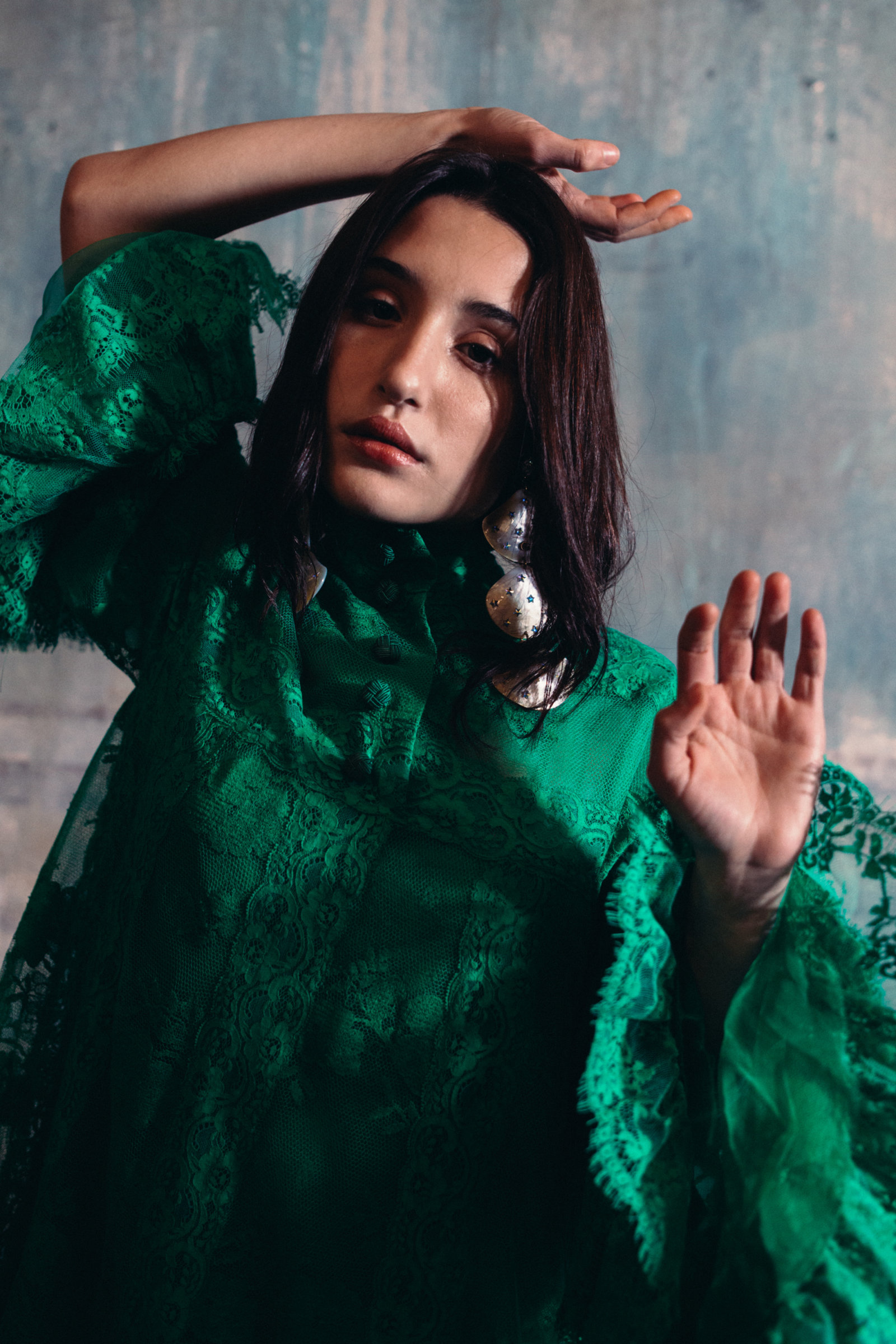
“My passion for acting started when I was 16, more or less by chance…”
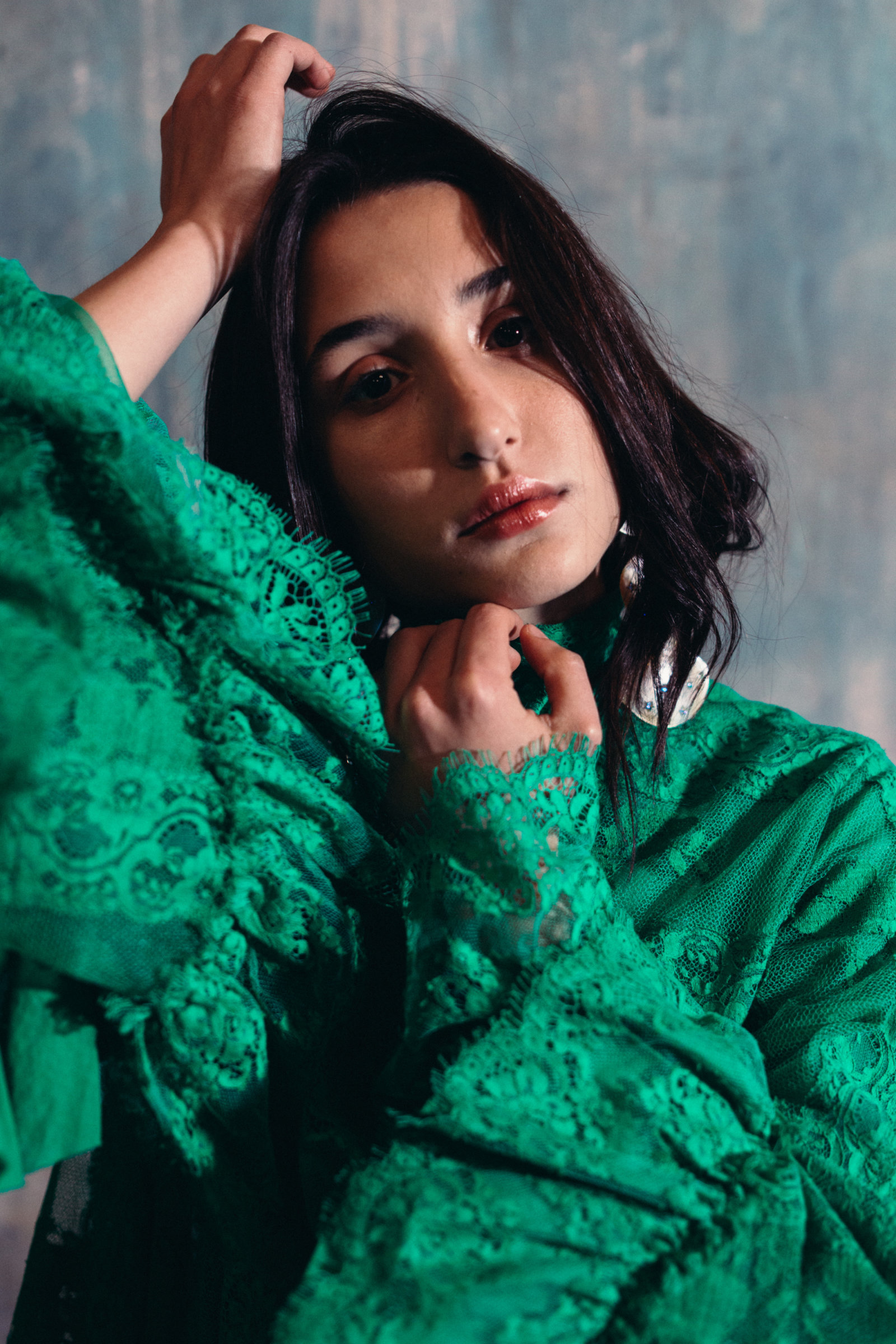
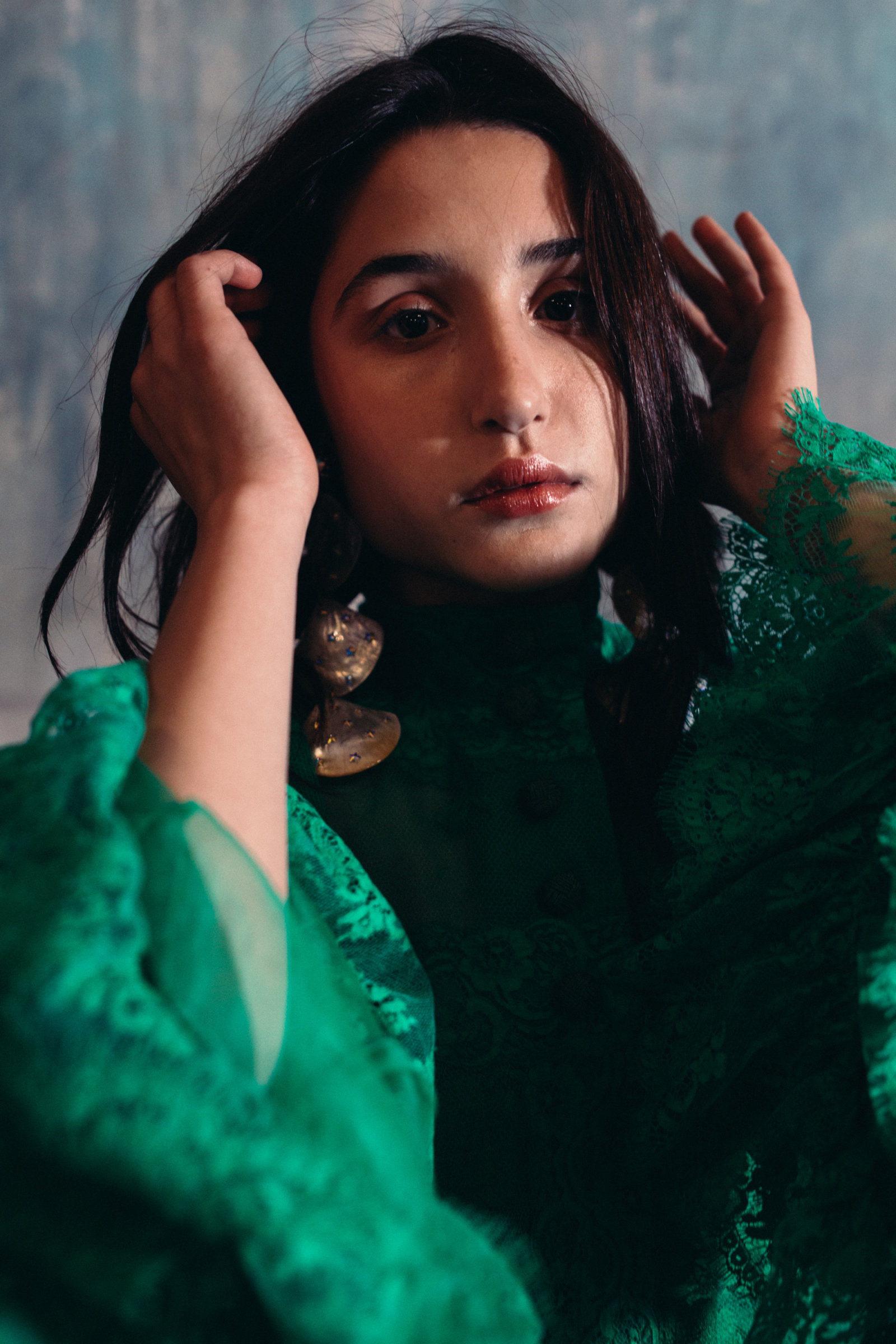
“…going to see a movie was like Christmas
every time…”
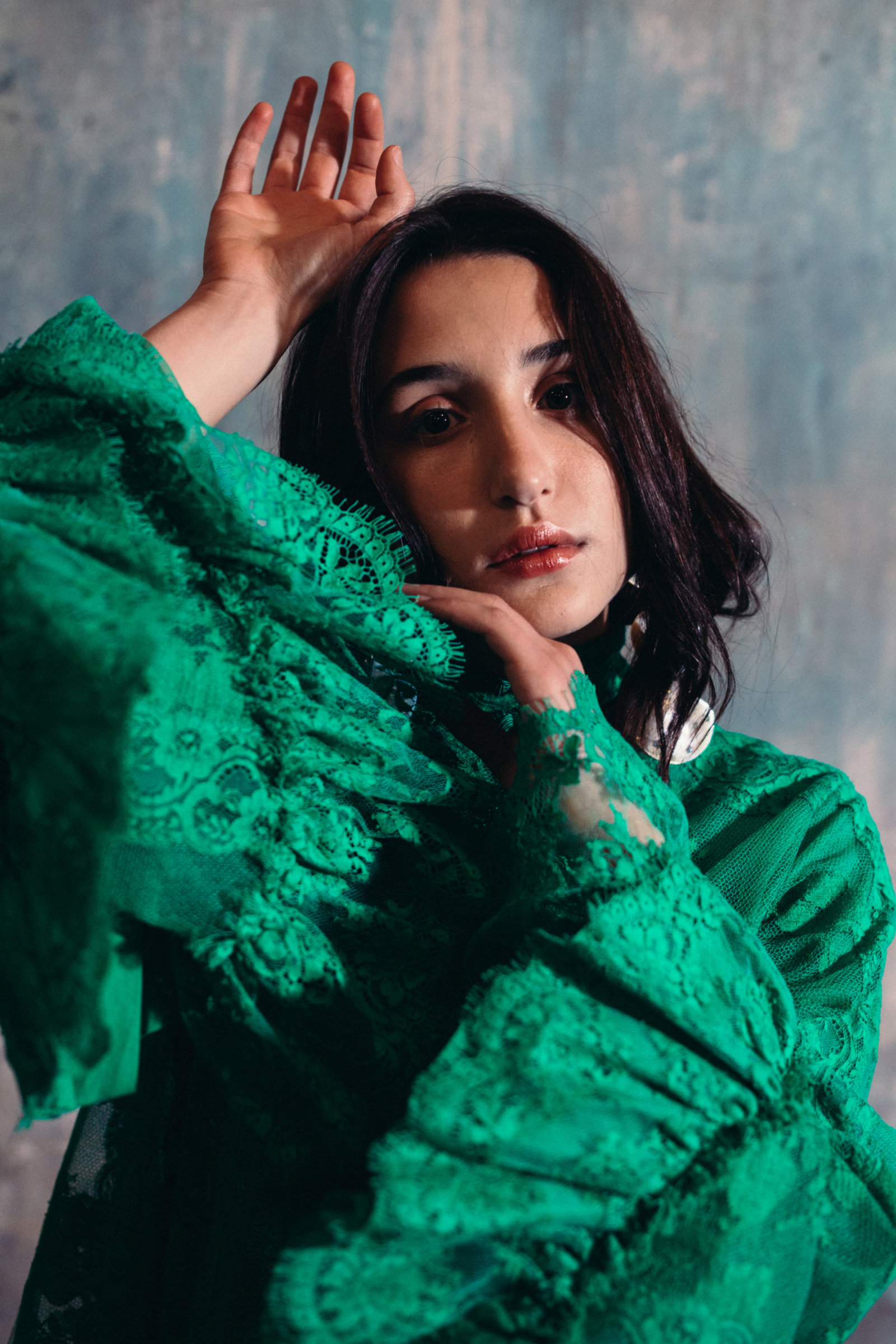
______________
Your character, Lucia, in “Capri-Revolution” has a very intense body language while the dialogues are few, how did you find a way to connect with her?
______________
I relate to her especially by being in contact with nature every day, doing seminars with goats, these fantastic animals so that they could get used to my voice and my gesticulation. Then I attended some seminars with Raffaella Giordano, the choreographer of the film, which made me enter into the dimension of the movement even more, because I am not so good in the dance field (laughs); then reading the screenplay and many books, it was a different era than today, there were no mobile phones, there was no freedom, women didn’t yet have this emancipation, so it was very nice to discover such a different reality and character. I liked Lucia’s strength to follow her path. It’s beautiful when someone creates their future, in his or her own way, because it’s really difficult not to follow the crowd, and this has fascinated me.
“I liked Lucia’s strength to follow her path.”
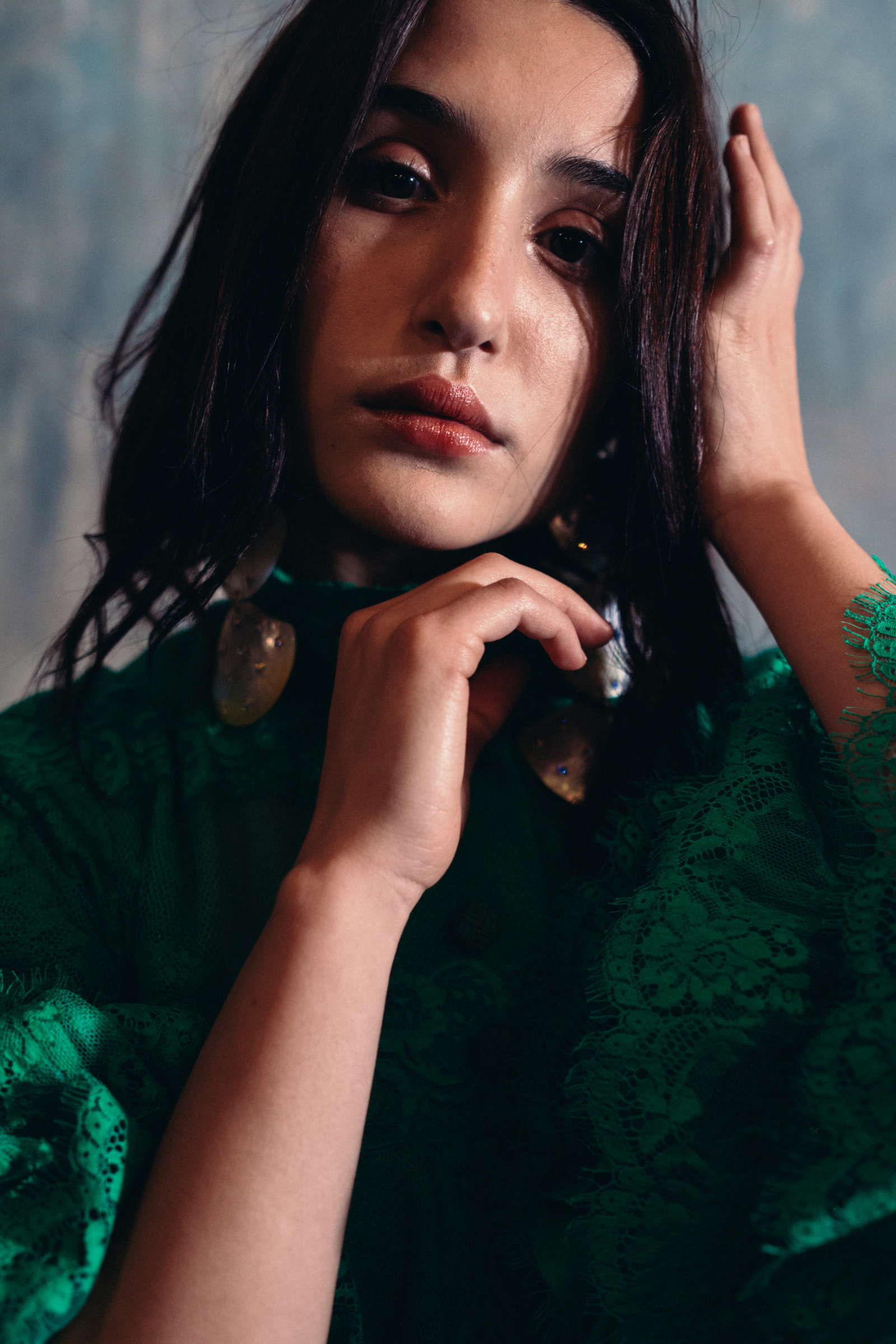
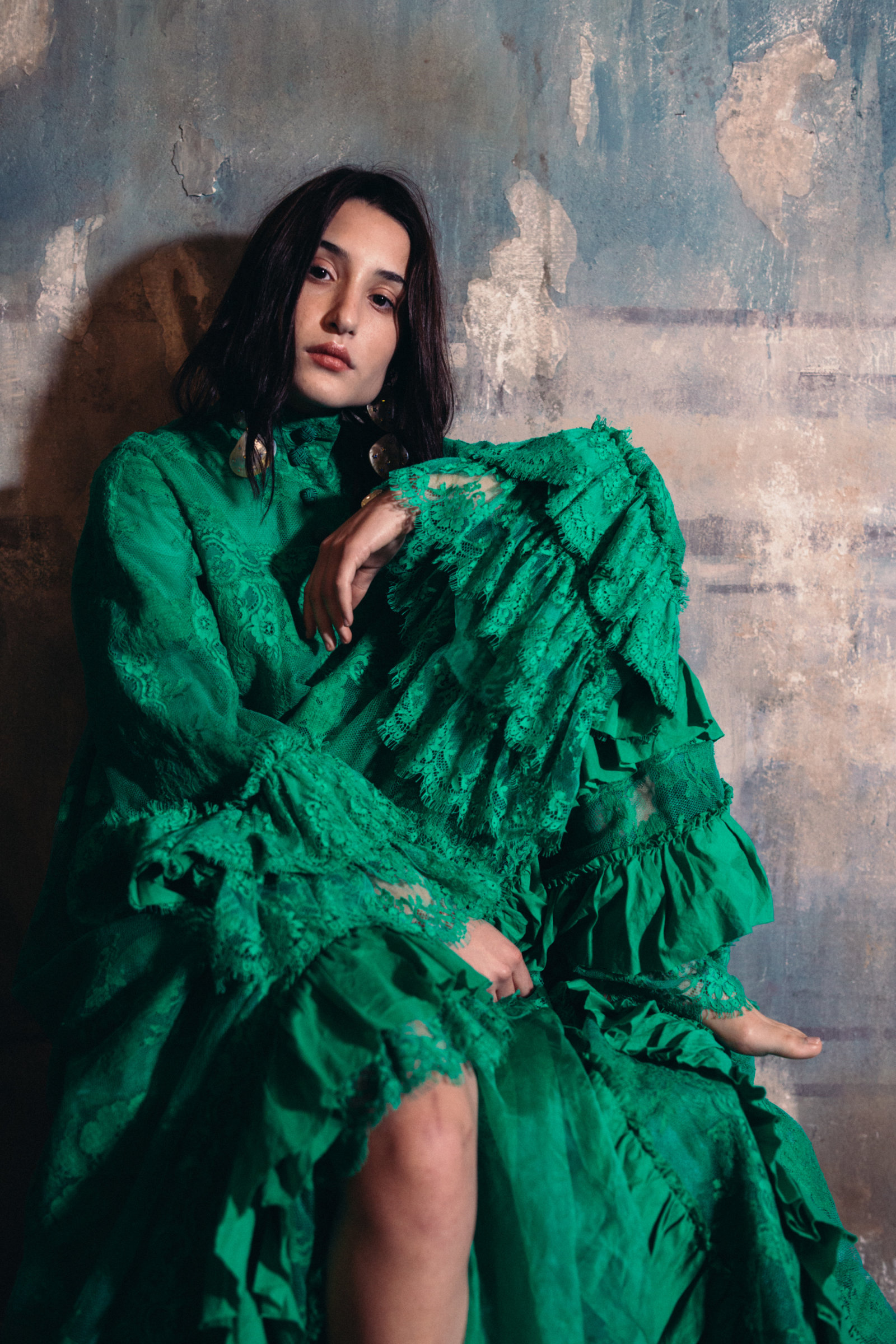
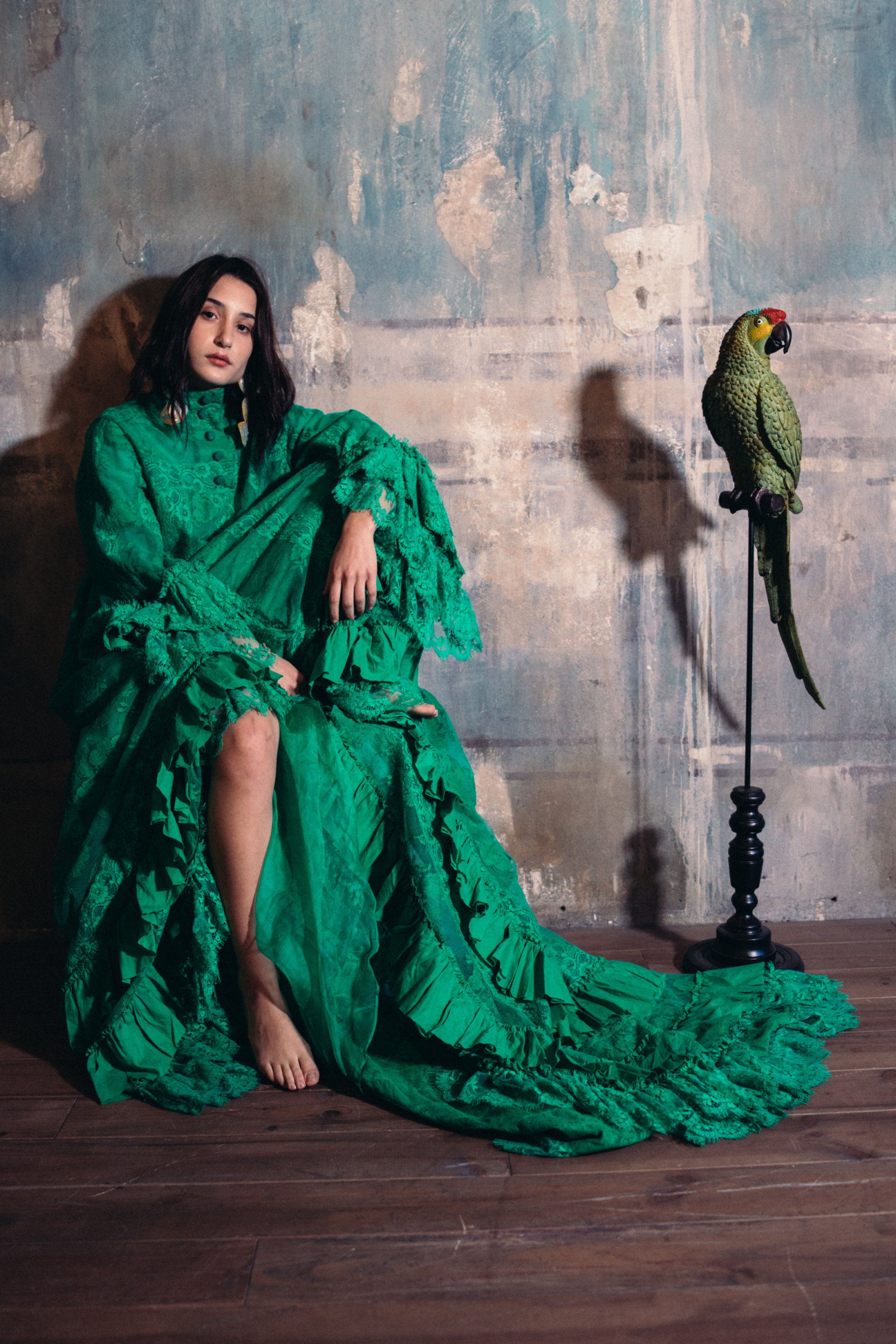
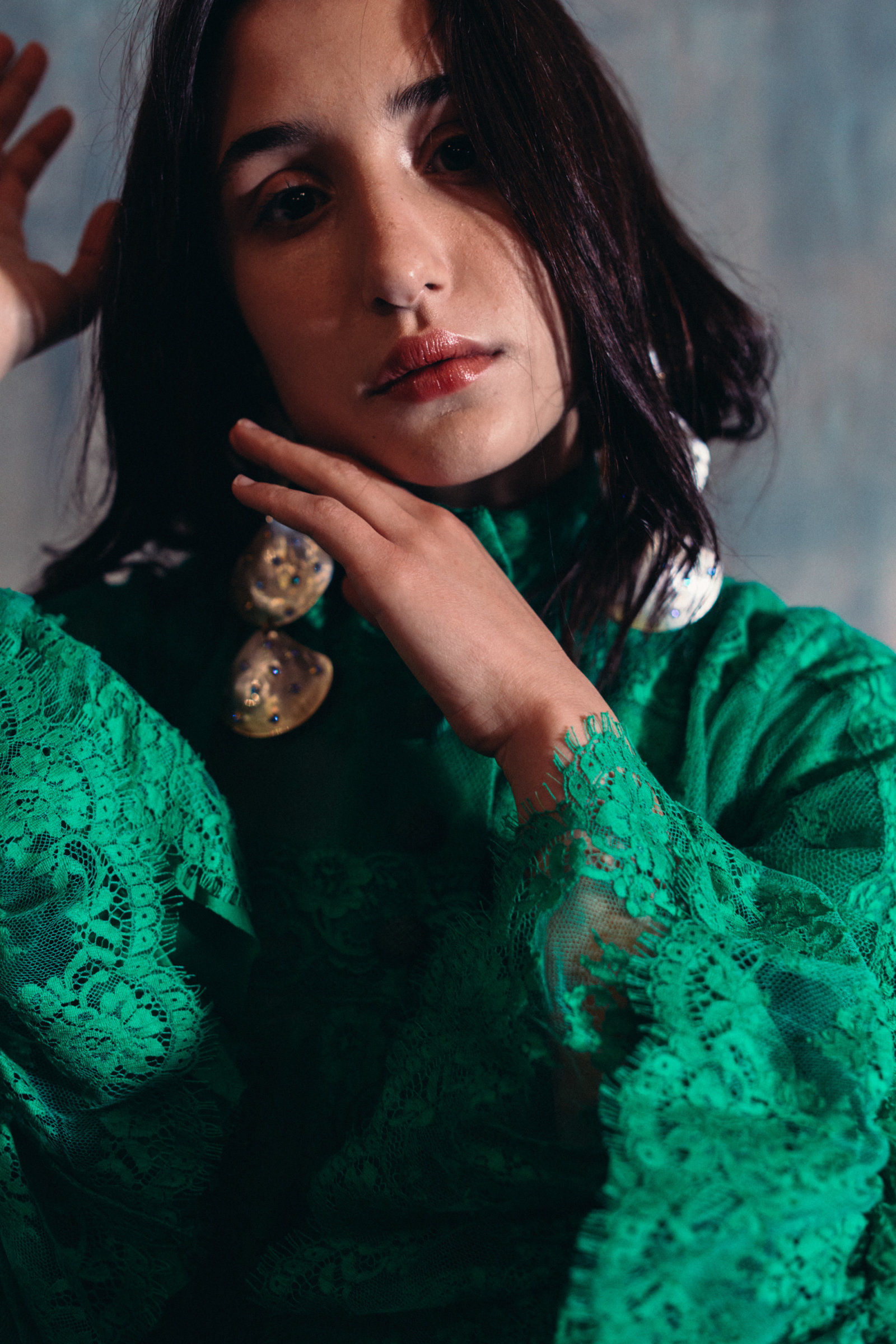
R E V O L U T I O N
“It’s beautiful when someone creates their future, in his or her own way, because it’s really difficult not to follow the crowd.”
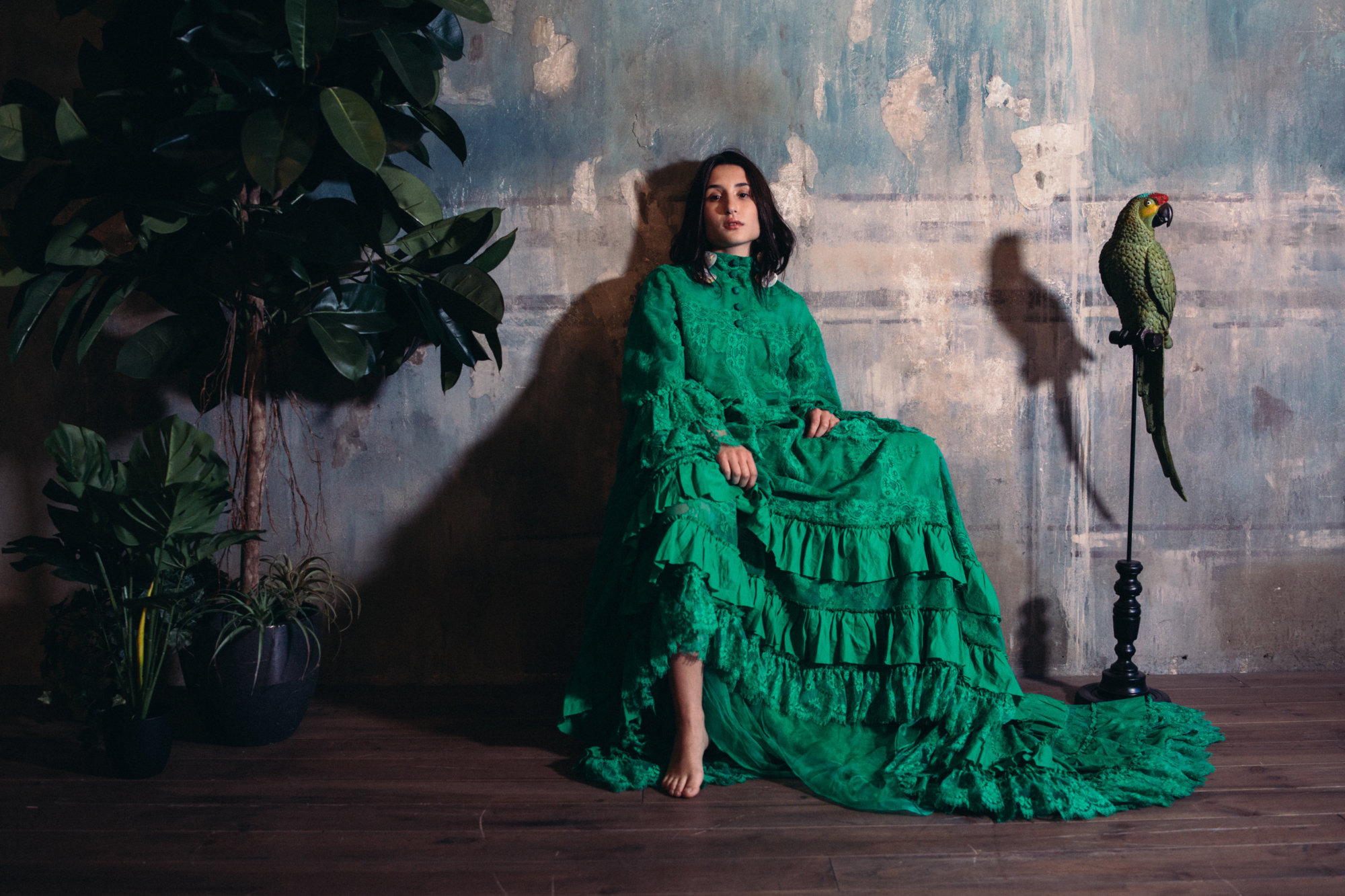
______________
And what about relations with the other characters? How did you work with them?
______________
I actually met Reinout (Scholten van Aschat), Seybu in the film, during a very simple meeting, then we later read the screenplay together but I didn’t work so much with him before being on set. With the others, I related very little because Lucia only later succeeds in integrating into this commune of strangers: she is thrown into this abstract reality that seems like a dream, I let myself get to know them on the set while shooting the scenes.
______________
What were your first reactions when reading the script?
______________
I was a fan of Mario Martone from before, so I said, “It will certainly be an important female character; in Italy, there are a few similar female characters, it amazed me how Mario managed to tell a period of the early 20th century yet so actual at the same time. Then it amazed me how Lucia connects with her body, her way to be a woman.
______________
The meditation scene is very strong, but was there a particularly intense scene for you to film?
______________
The scene with the brothers, when they are about to leave to go to War and Lucia at that point is lost because she has lost everything: her mother, her brothers, the commune, she is alone, so this is the scene that moved me the most. I have two siblings, a twin sister and an older brother, so I said to myself: “To lose them would be like losing the ground beneath my feet.” With your parents sometimes you are a rebel, while with your siblings you have a more intimate relationship.
L
U
C
I
A
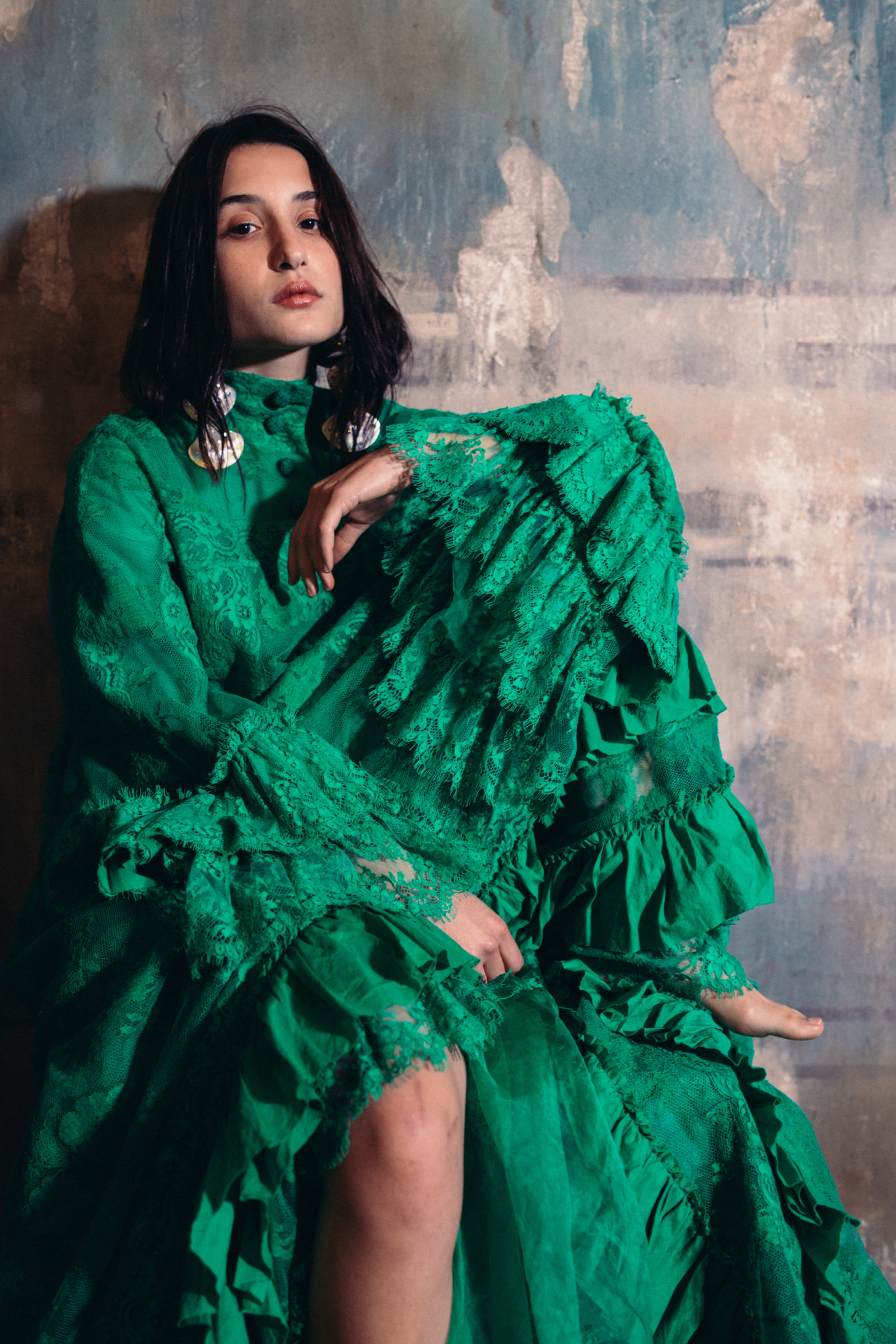
M
A
R
I
A
N
N
A
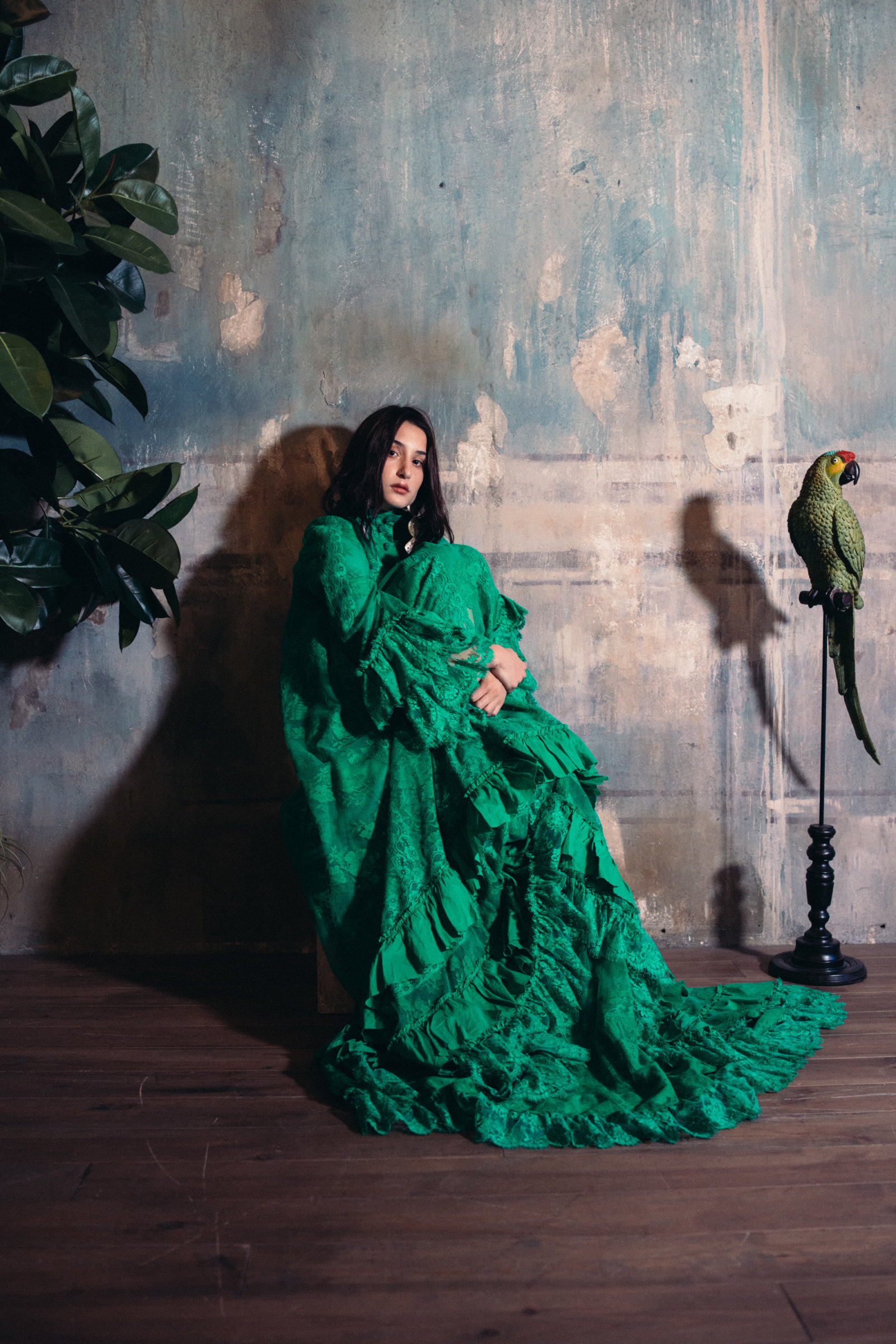
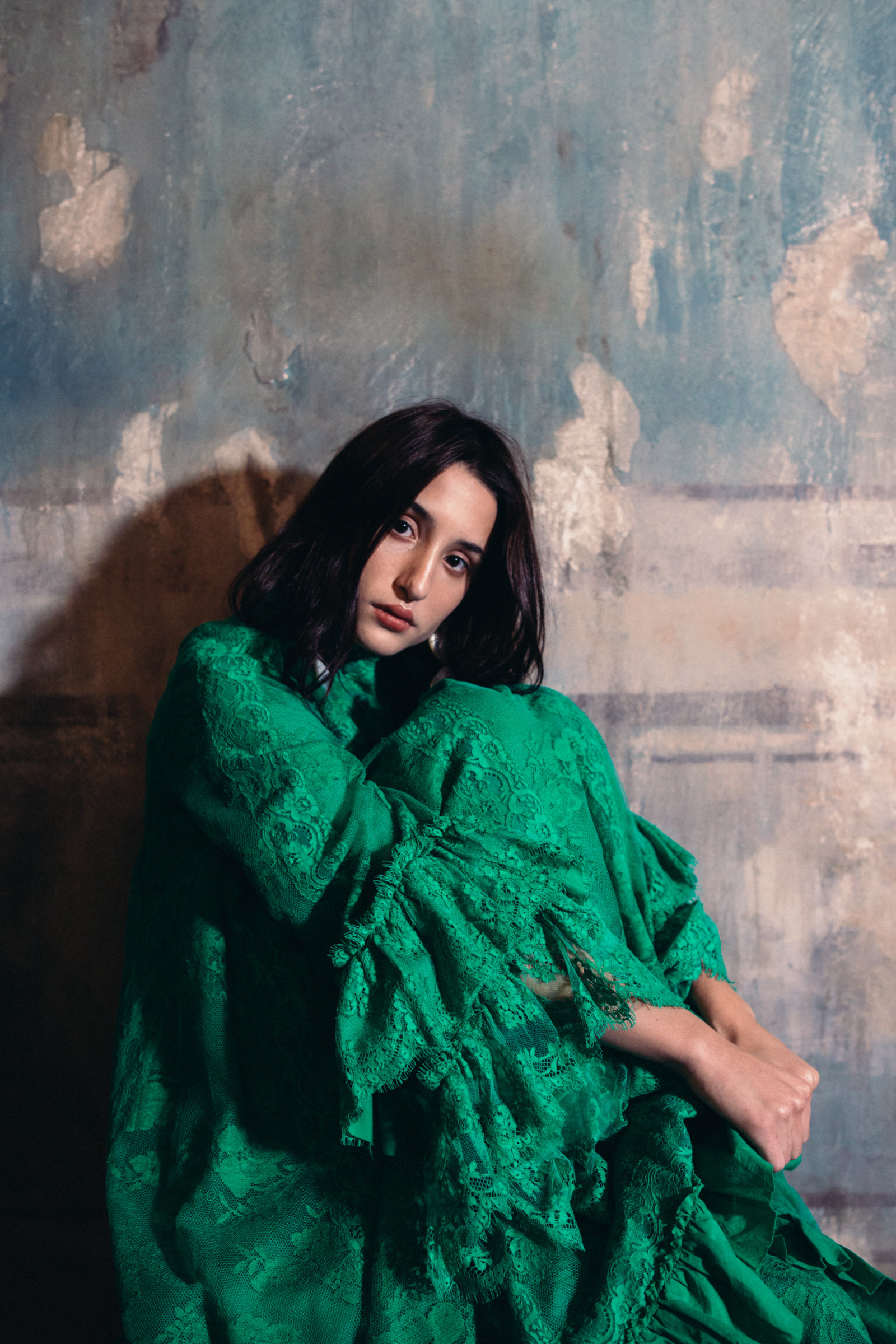
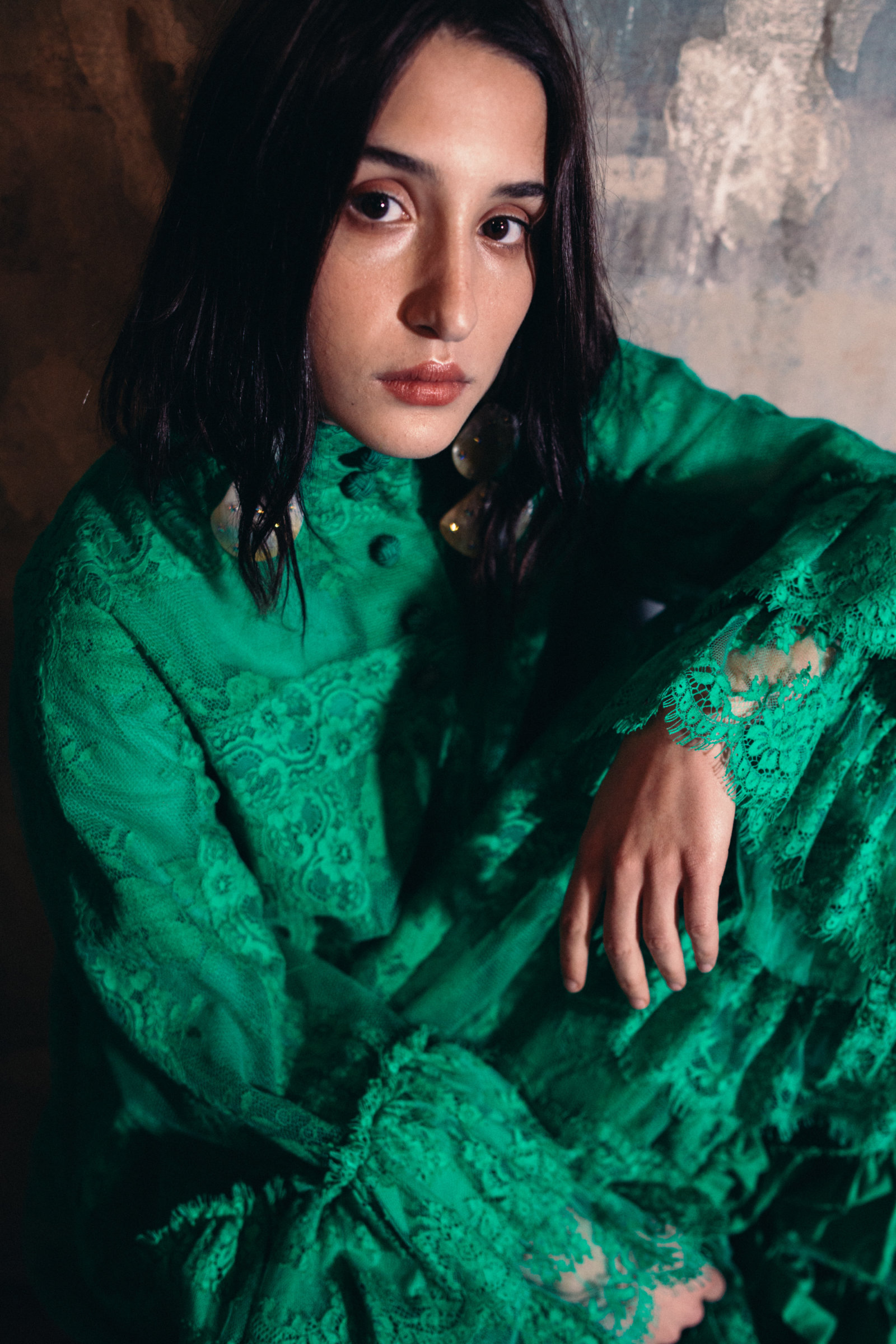
“It will certainly be an important female character.”
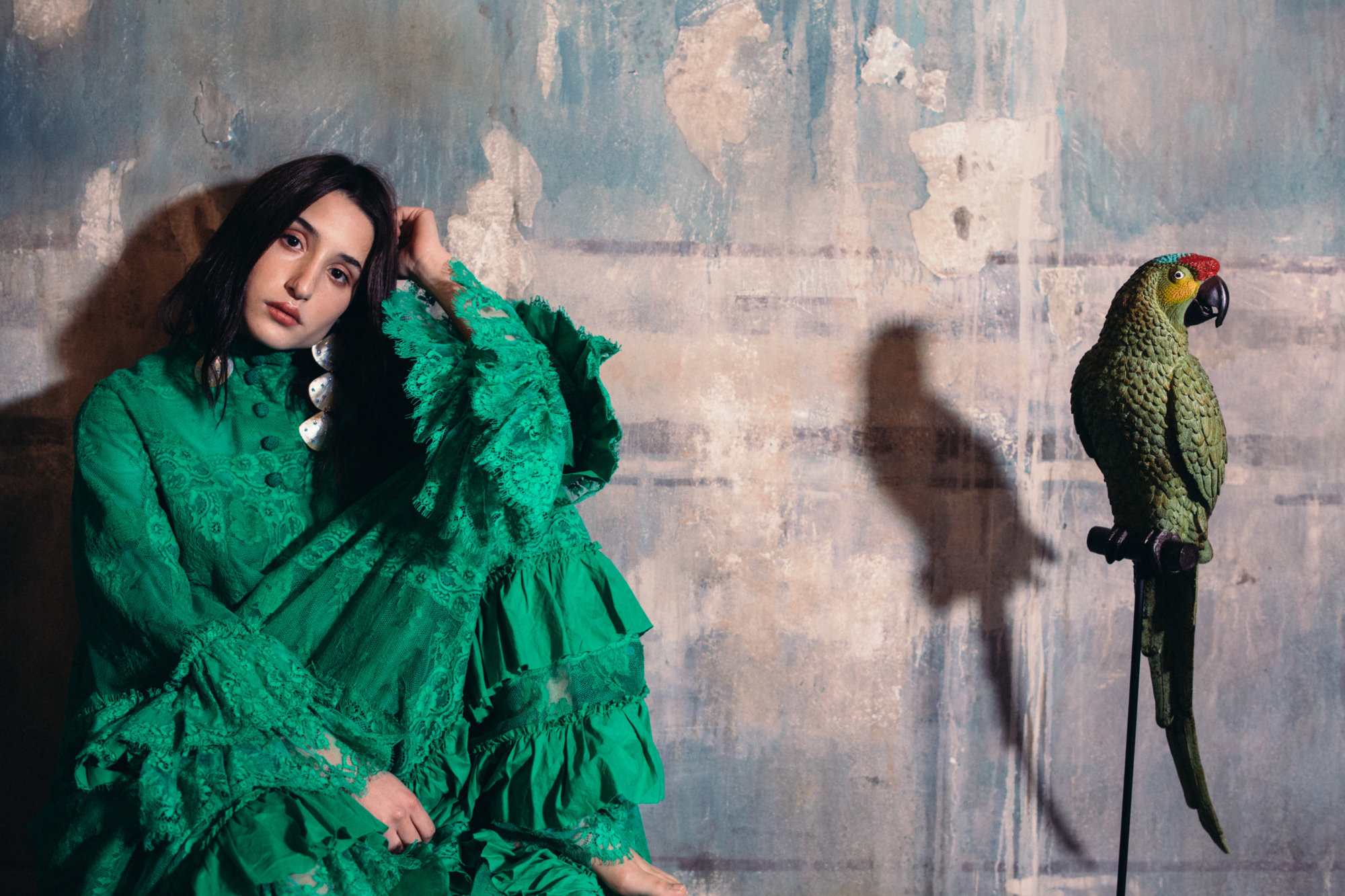
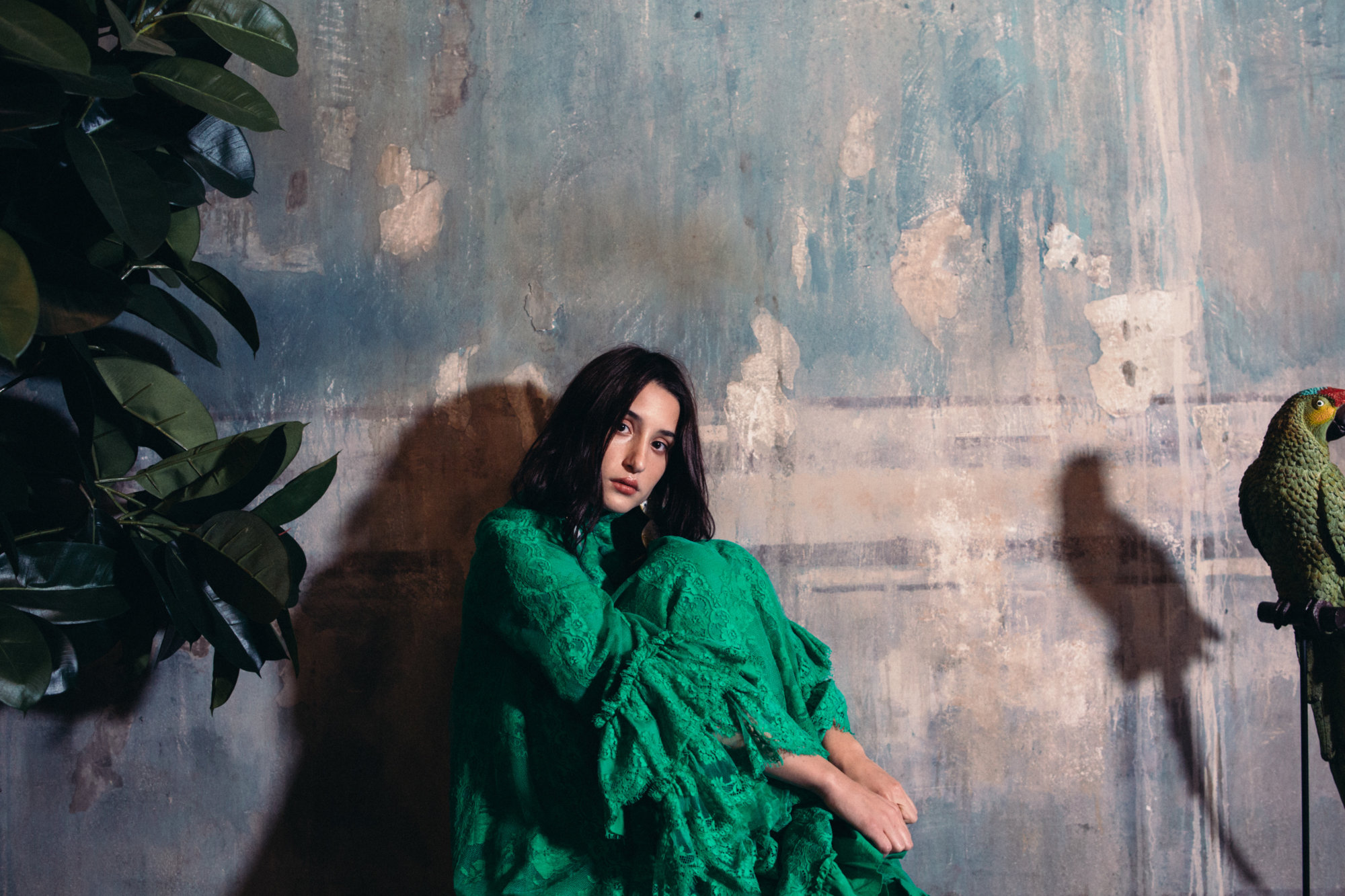
______________
The film also talks a lot about freedom. In your work as an actress how do you live freedom, and how important is it to you?
______________
Luckily, I also had experience on stage, I am only now understanding how the wonderful world of cinema works. While on stage I got to analyze the aspects of improvisation and working on stage I think is the best training for an actor. On set, being Mario a great theater director, he improvised a lot: we would arrive in the morning and after explaining the scene to us he would leave us to improvise on the given theme. I had a nice time because I let myself go, I live this job very well because I let myself go, even choosing to undress me, I enjoy myself.
______________
Is there anything Lucia “left” to you?
______________
I was left with a lot of things about her character, more than I expected. Above all, I was left with Lucia’s her strength in not giving up), despite the prejudices and difficulties, because living in this patriarchal family she had to do all by her own, even by making mistakes. This girl is not perfect, just like I’m not.
______________
You said you had to do a lot of seminars and you had to read a lot, but is there a book you have always loved?
______________
“The Art of Joy” by Goliarda Sapienza, it’s so beautiful. There is a female character, Modesta, she is phenomenal, I always recommend this book.
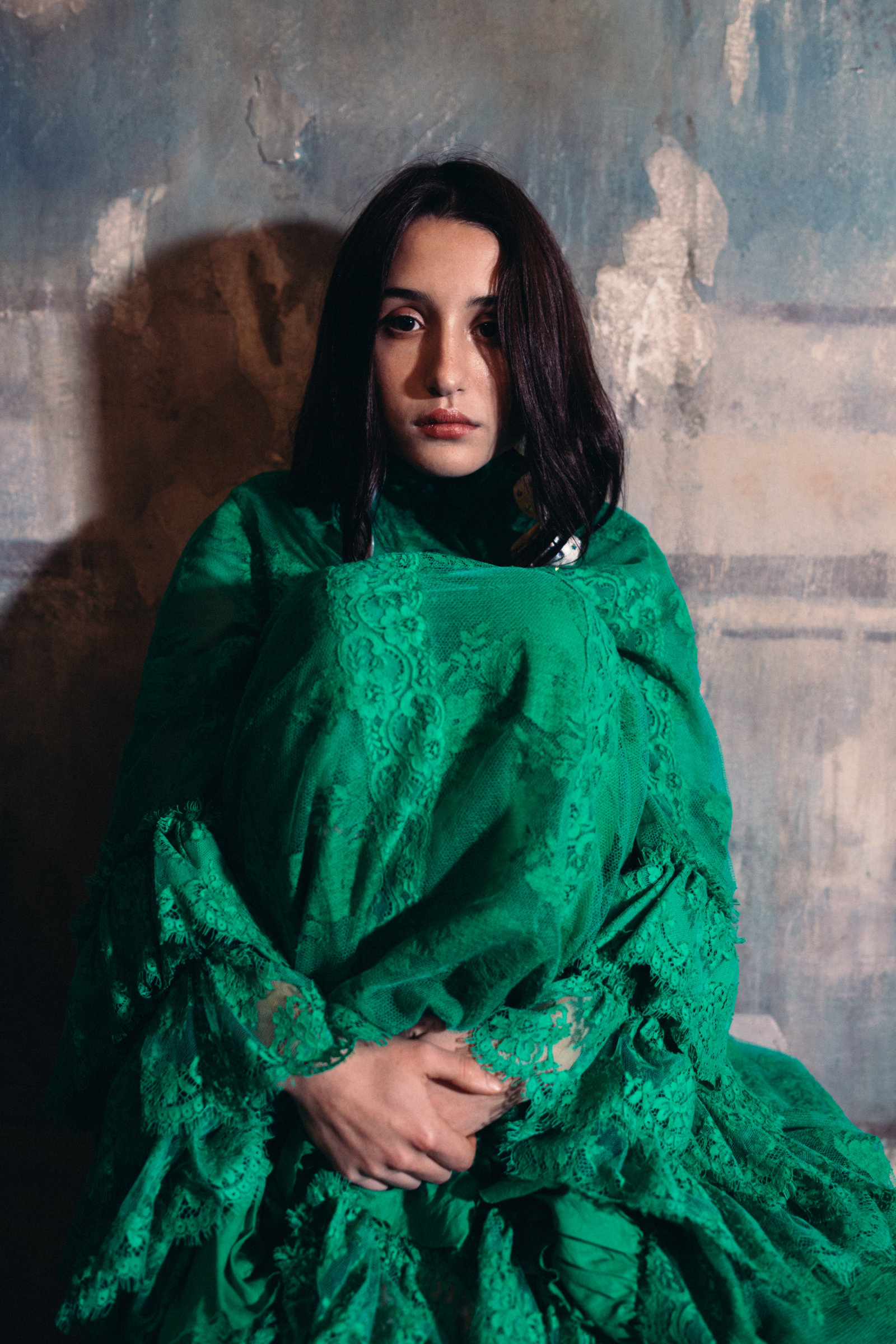
.
.
.
CAPRI-REVOLUTION
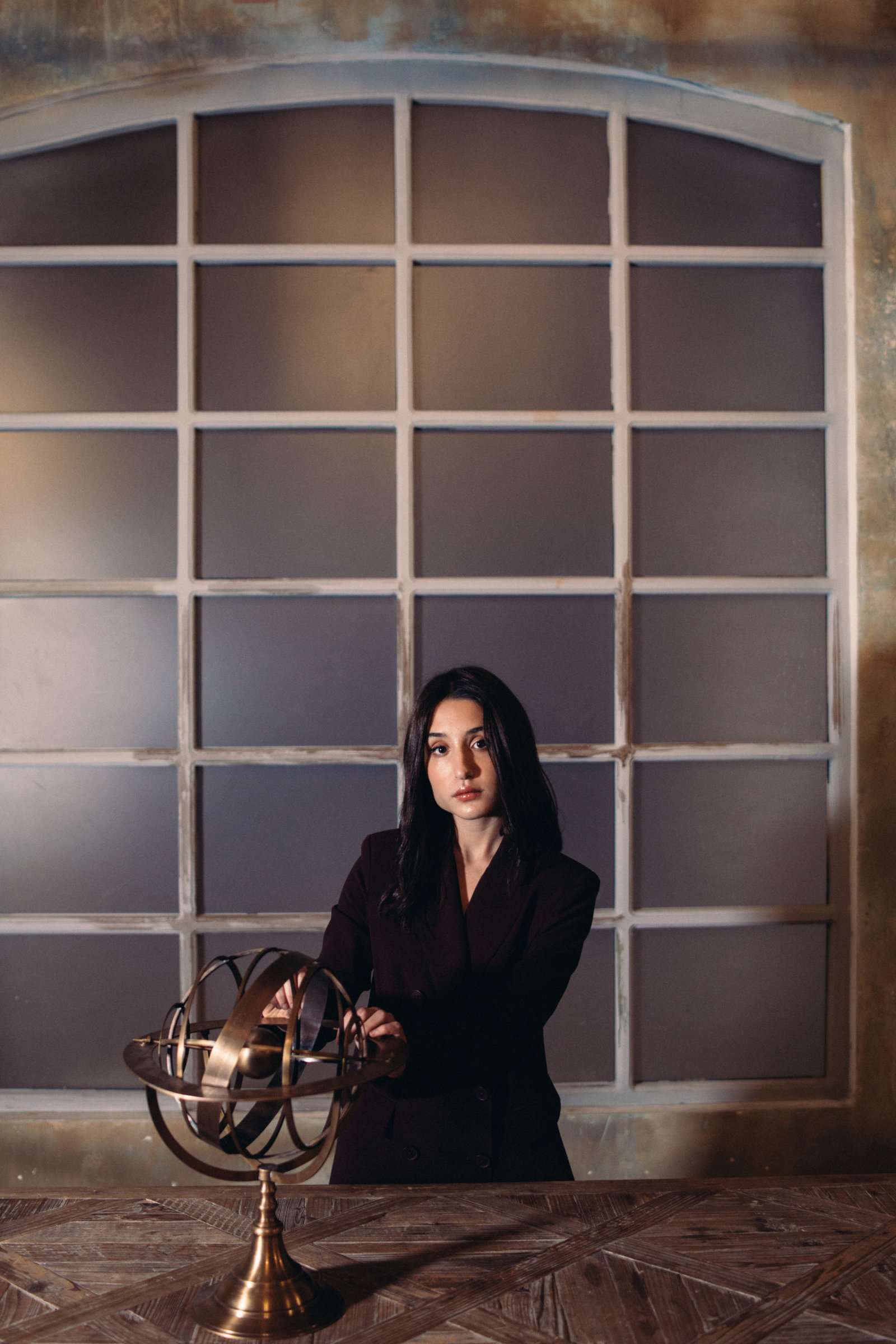
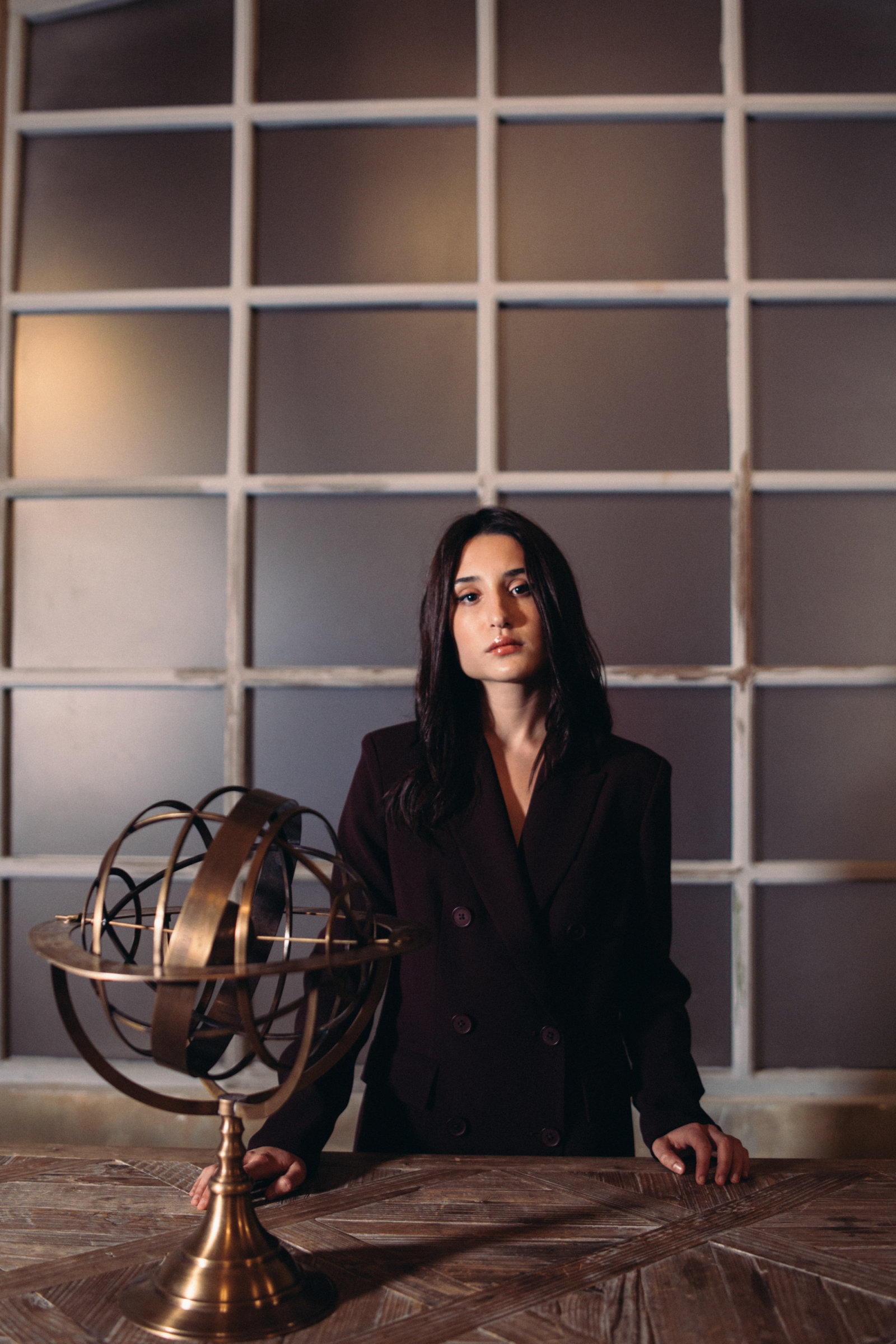
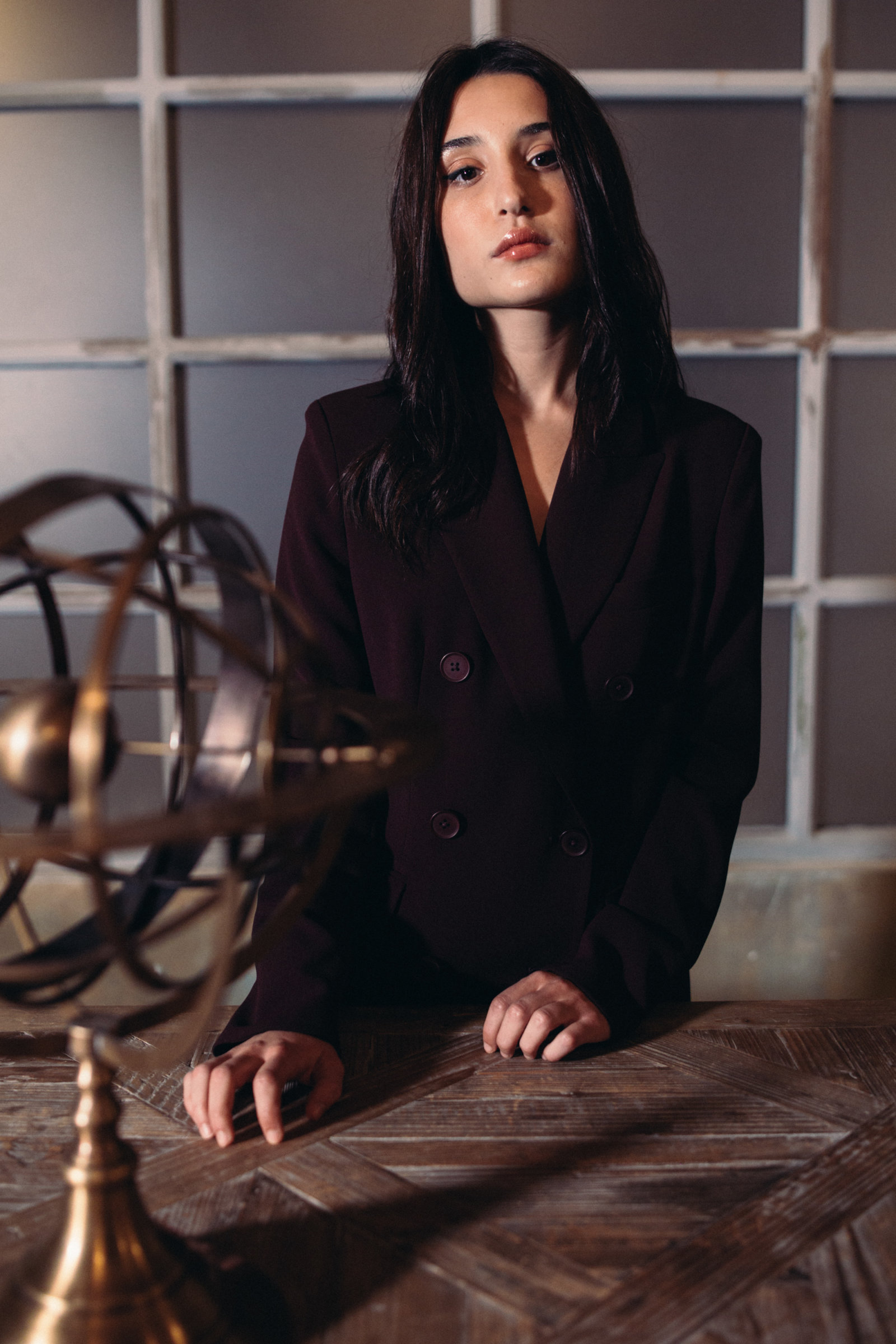
______________
In an interview, Mario Martone said about “Capri-Revolution,” “Art is a salvation for human beings and every human is an artist:” what does art mean to you or, in your case, acting?
______________
Beautiful quote from the maestro (laughs). I live art every day as if it’s life, like if it’s water: without food, we can live but without water, we live less. It’s obvious to say so, but it makes me live, it gives me a purpose: I wake up in the morning and I know that I have this, that the goal of my life is to do this. Sometimes I don’t have to do it, I also like to participate, to see it.
______________
A song to describe “Capri-Revolution”?
______________
The soundtrack of the film is crazy, made me approach the world of Lucia. I always listen to music before shooting a scene. Surely, I was listening to Erik Satie before shooting some more intense scenes.
______________
In “Capri-Revolution” there is this concept of freedom and desire to change the world: is there a change you would like to see now?
______________
For sure I would like to give more roles to young people, I would like to see new faces, directors who have something to say and actors and actresses who are not only beautiful aesthetically but with more essence. I would like to see rawer faces. I would like to see more truth on the screen, but I see that things are changing, and this gives me confidence.
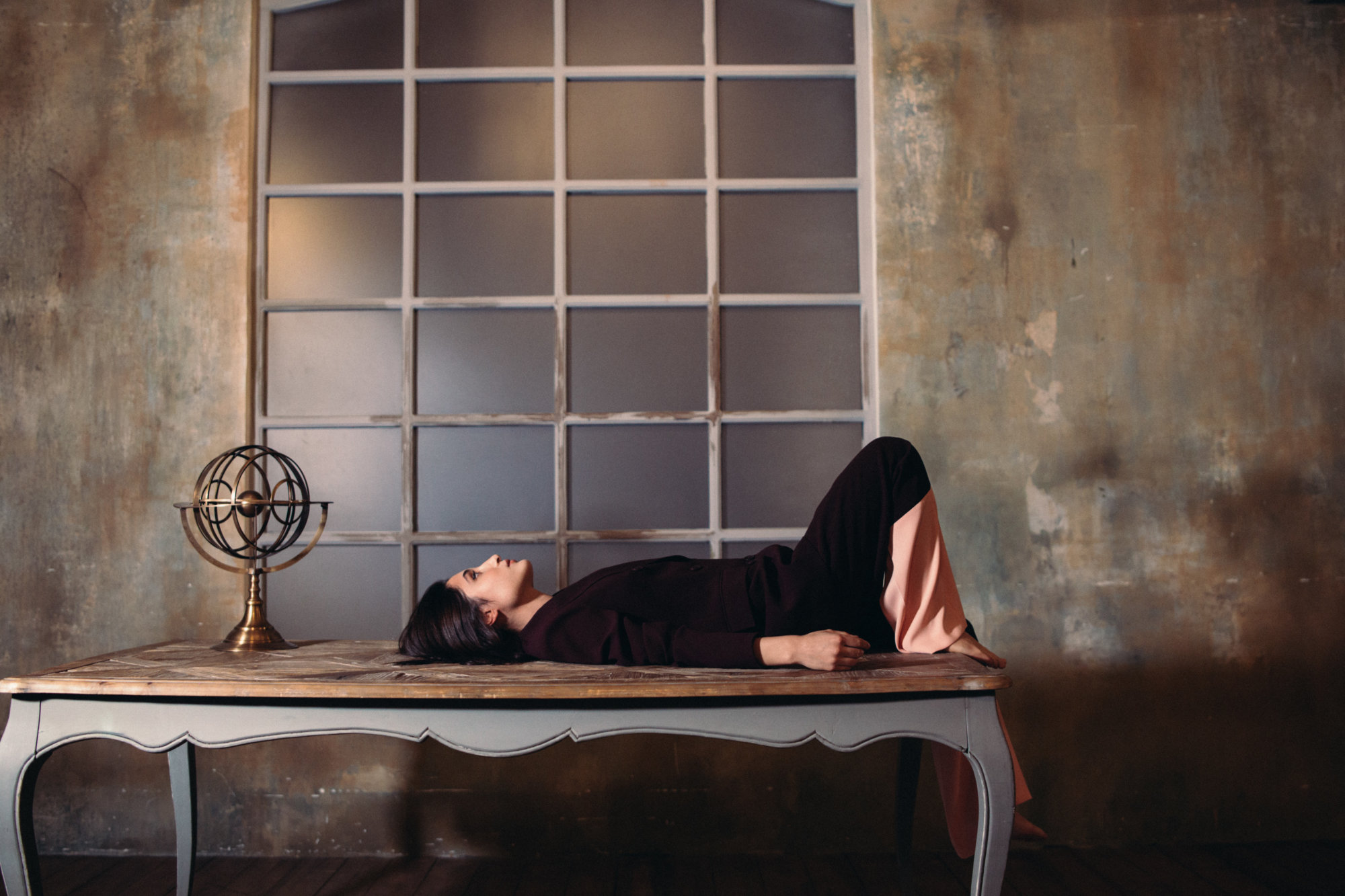
“I would like to see rawer faces.”
.
.
.
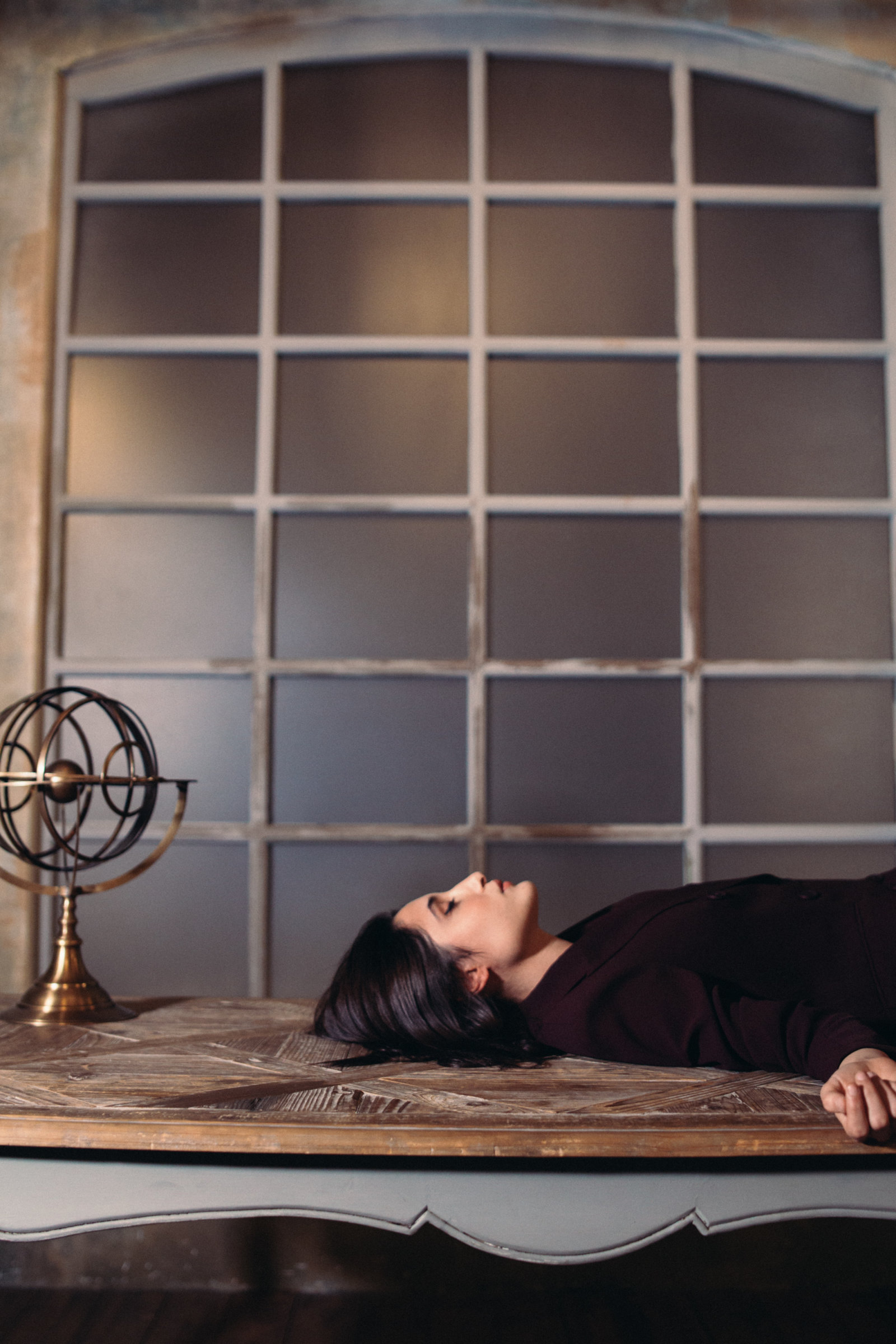
.
.
.
“I would like to see more truth on the screen, but I see that things are changing, and this gives me confidence.”
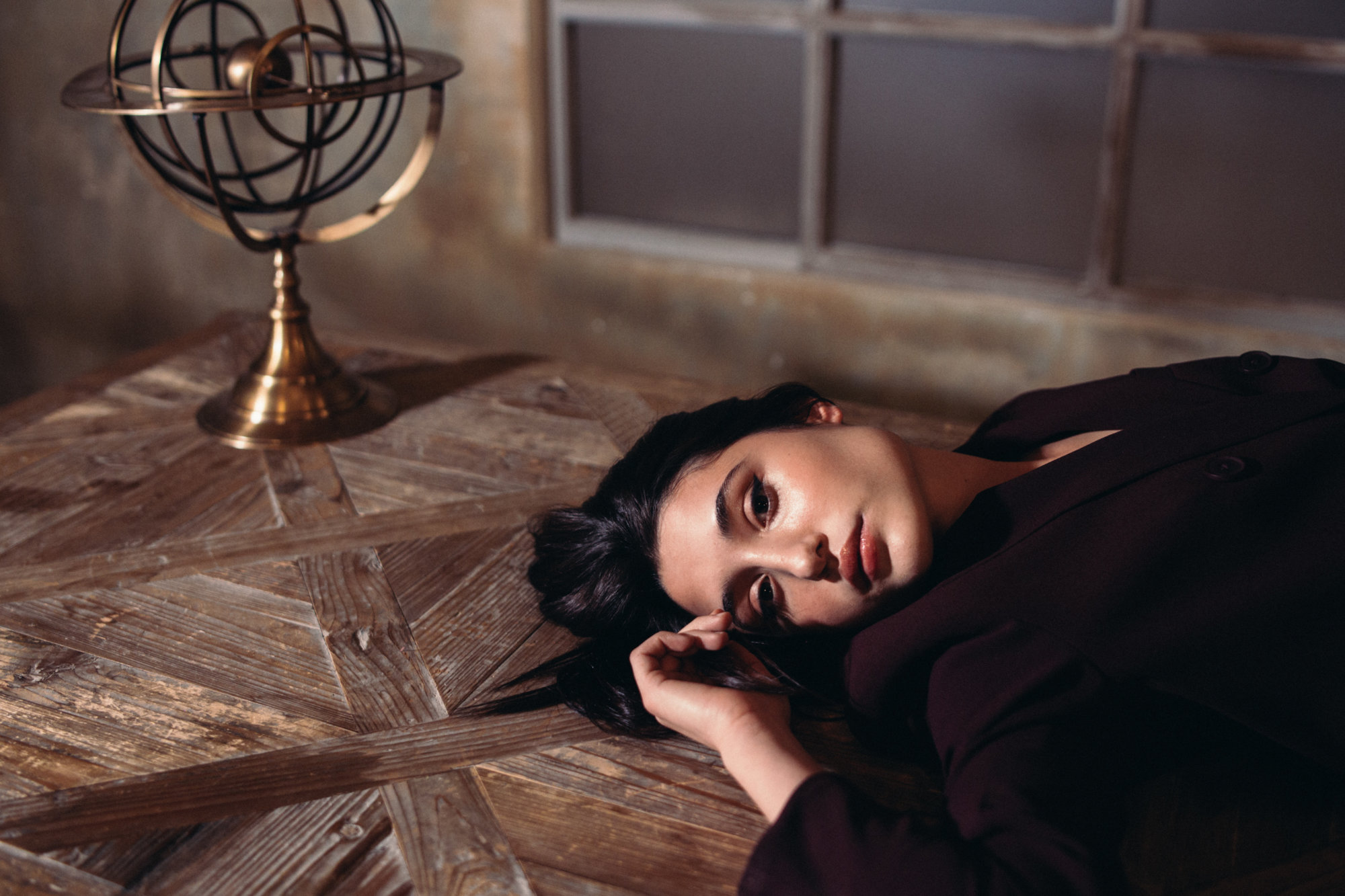
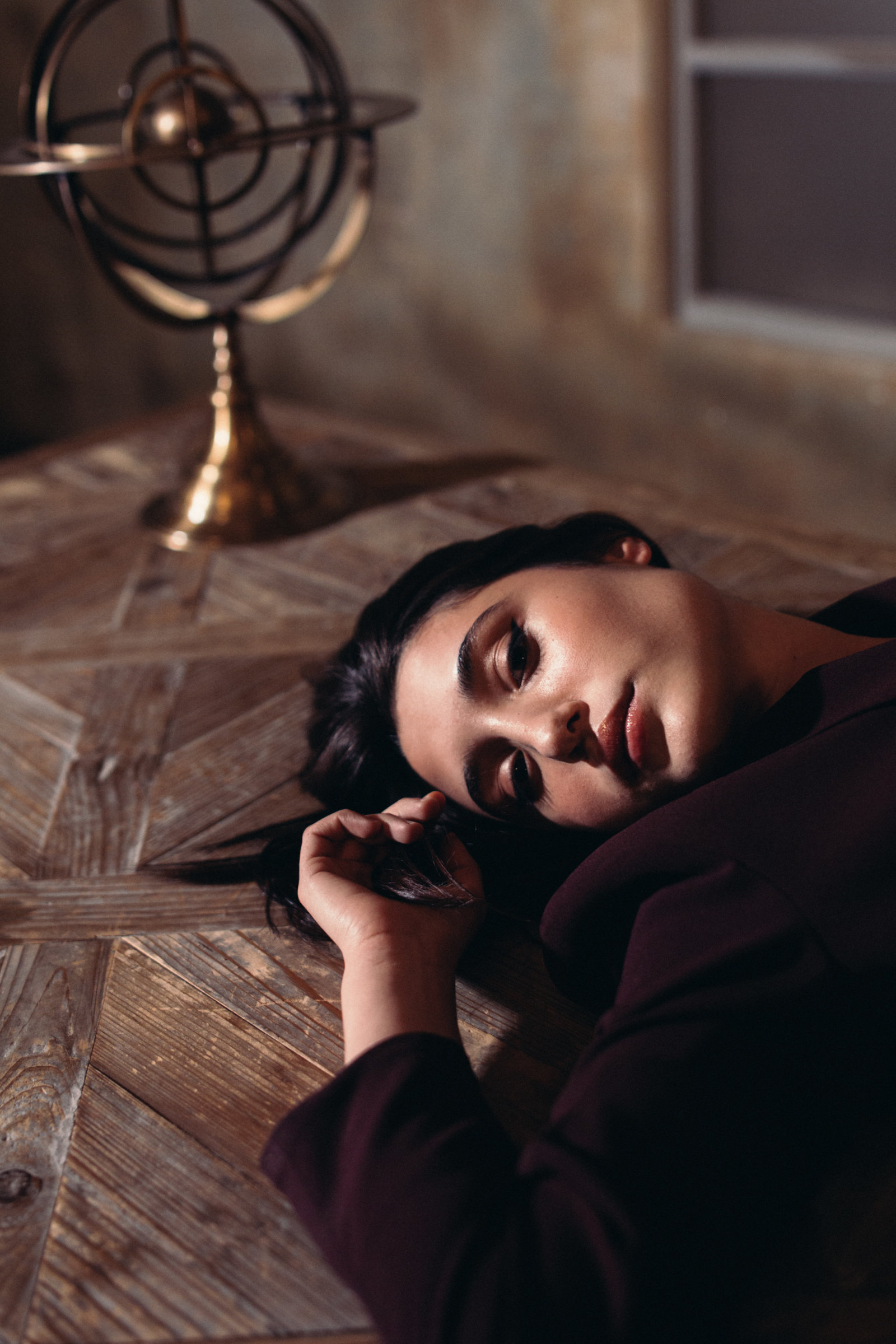
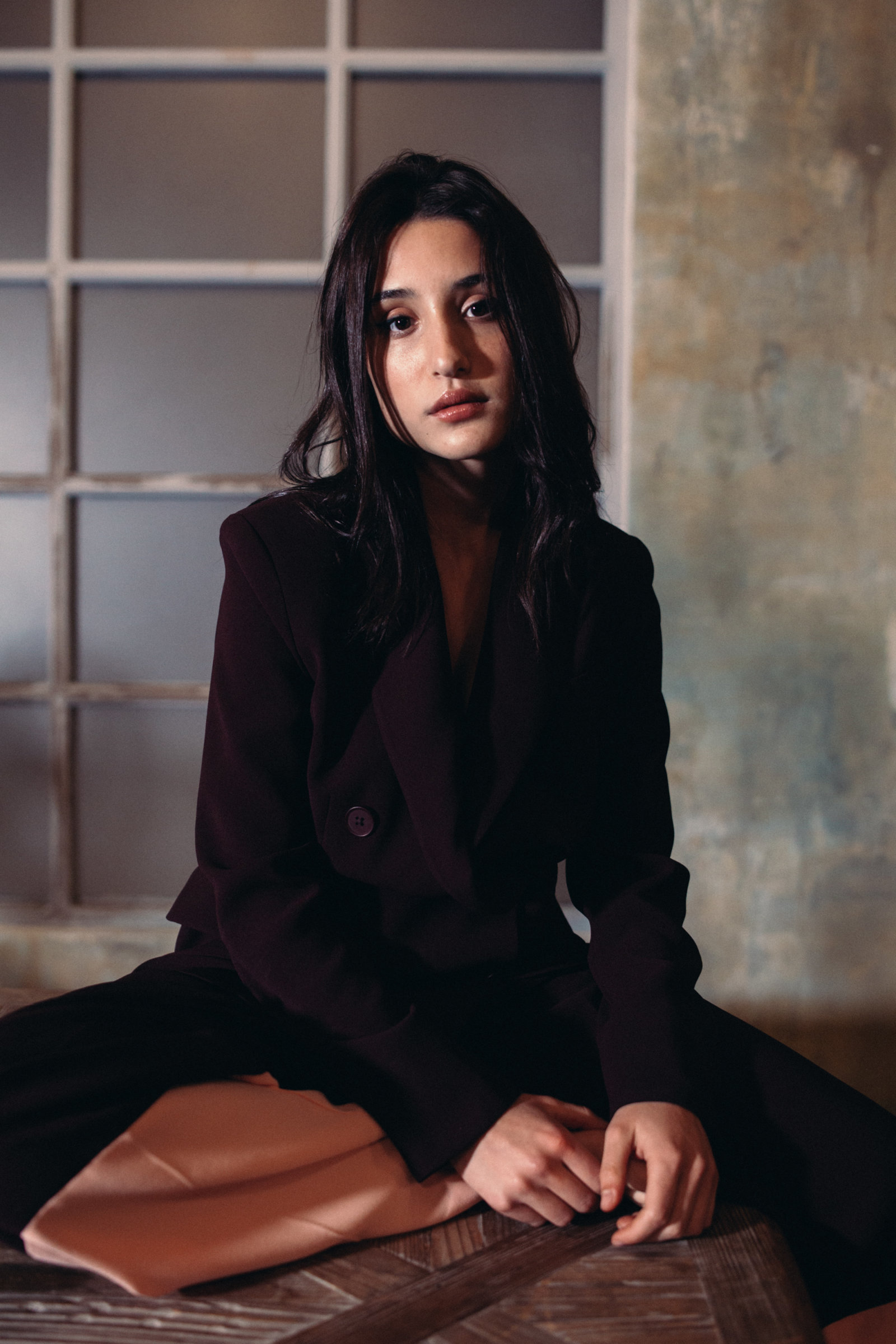
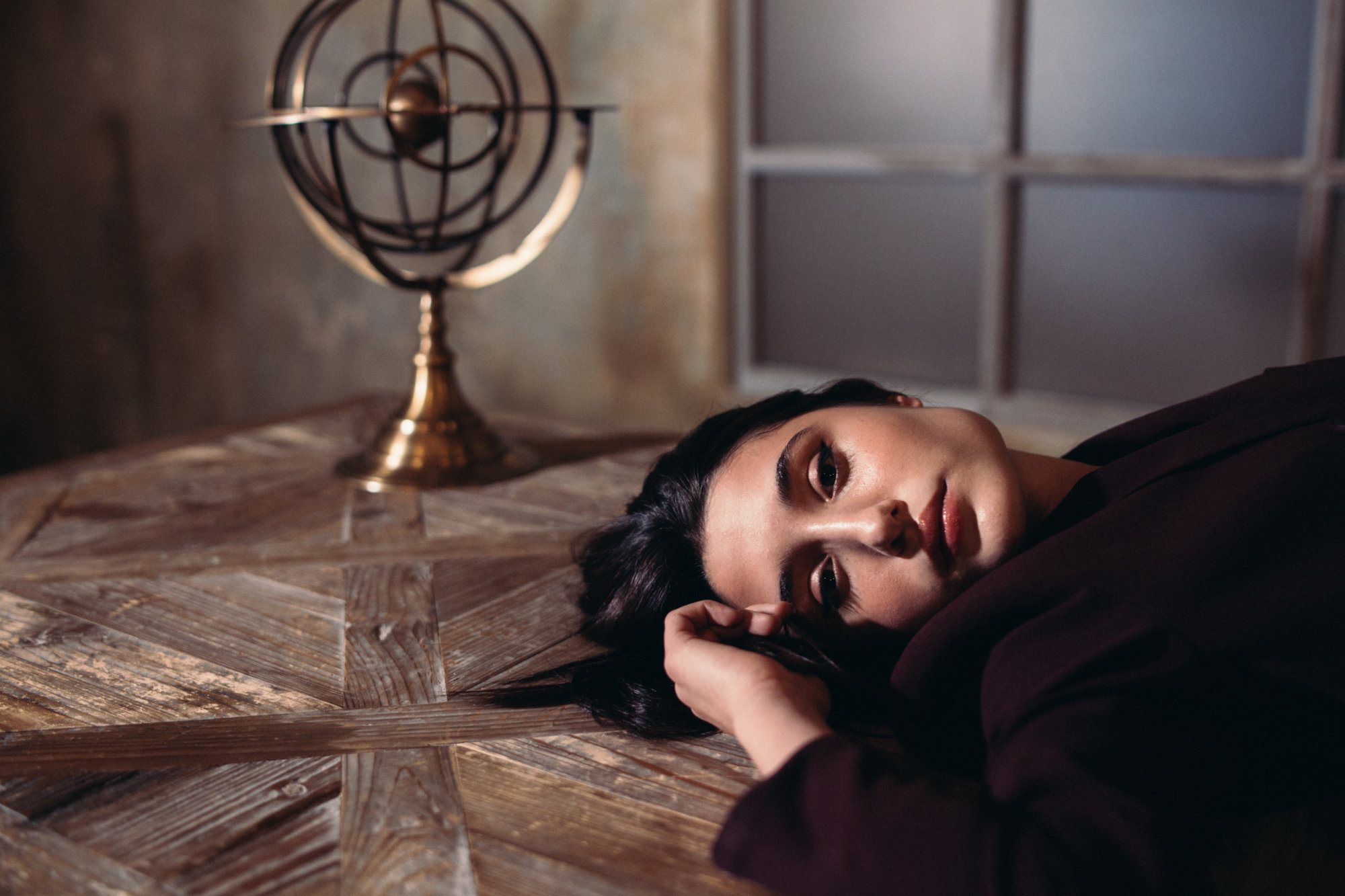
______________
What is your must-have on set?
______________
Headphones and music, always. I studied at the conservatory, then for many reasons I didn’t continue but I want to, music has always accompanied me and it’s very well connected with acting, for me: in music, we have to follow the solfege, just like in cinema, we have to equilibrate the silence. I try to keep this concept very close to me.
______________
What can you tell us about your future projects?
______________
I will be touring in 2019 with my play “La cupa” and the other things I can’t talk about just yet.
______________
Is there a director, actor or actress you would love to collaborate with?
______________
In Italy, Toni Servillo. I had the opportunity to meet him during a talk, and they asked me, “What would you say to Toni Servillo?” I prepared this speech for a lifetime, but when I found myself in front of him, my words died. I wanted to talk to him about Molière because thanks to him I read three of his books in a single day. I wanted to say something clever and then I just said, “I adore you, you’re my idol, I’d like to work with you one day” (laugh). I’d like to work with him in on stage too.
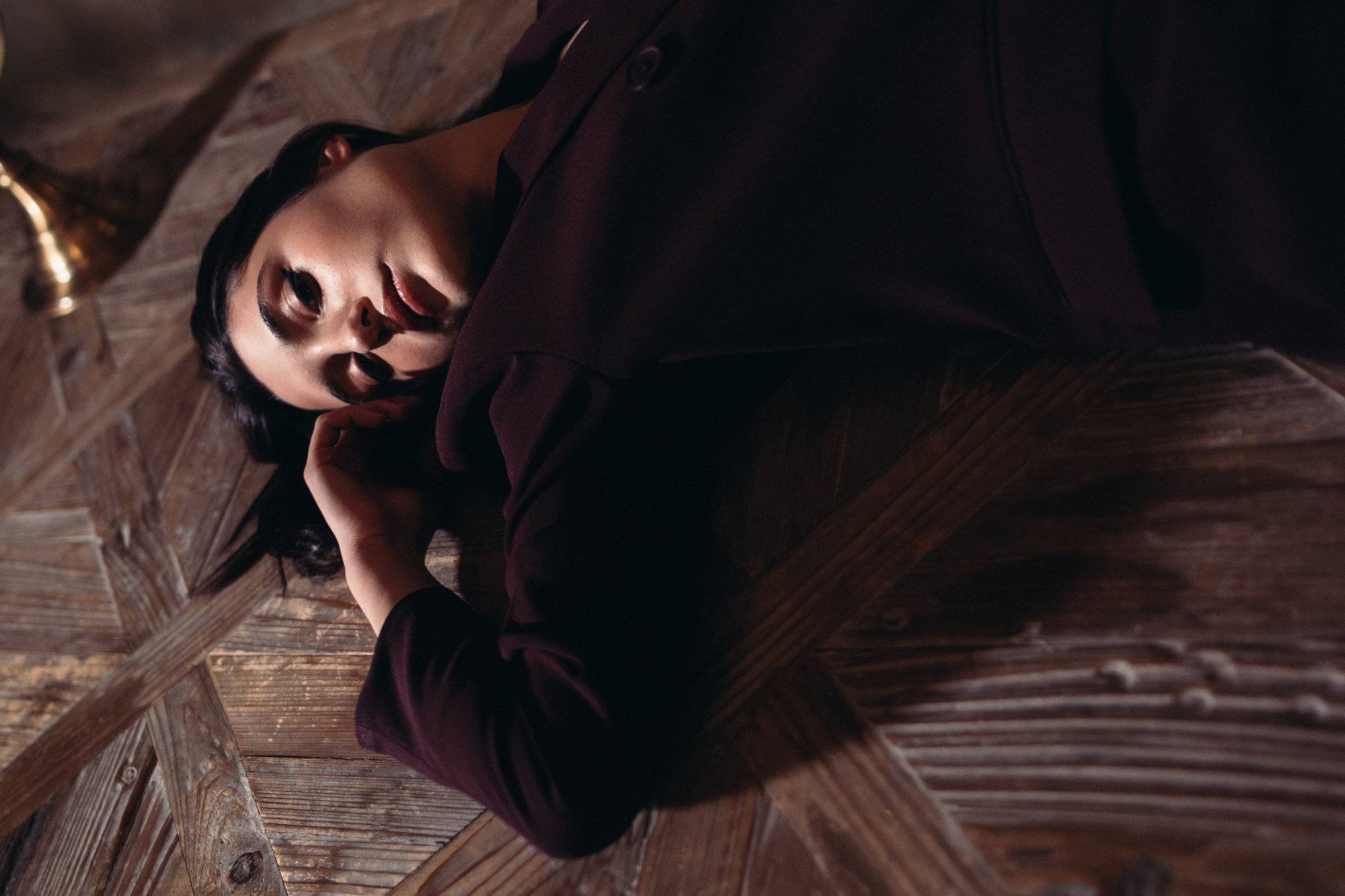

______________
The project of your dreams?
______________
I saw very recently a film by Ingmar Bergman that shocked me, “The Image Makers” (“Bildmakarna”). A very intellectual film with this female character, Tora, with an incredible power. I would like to interpret her.
______________
If your life was a movie, how would you title it?
______________
I would simply title it “Living.”
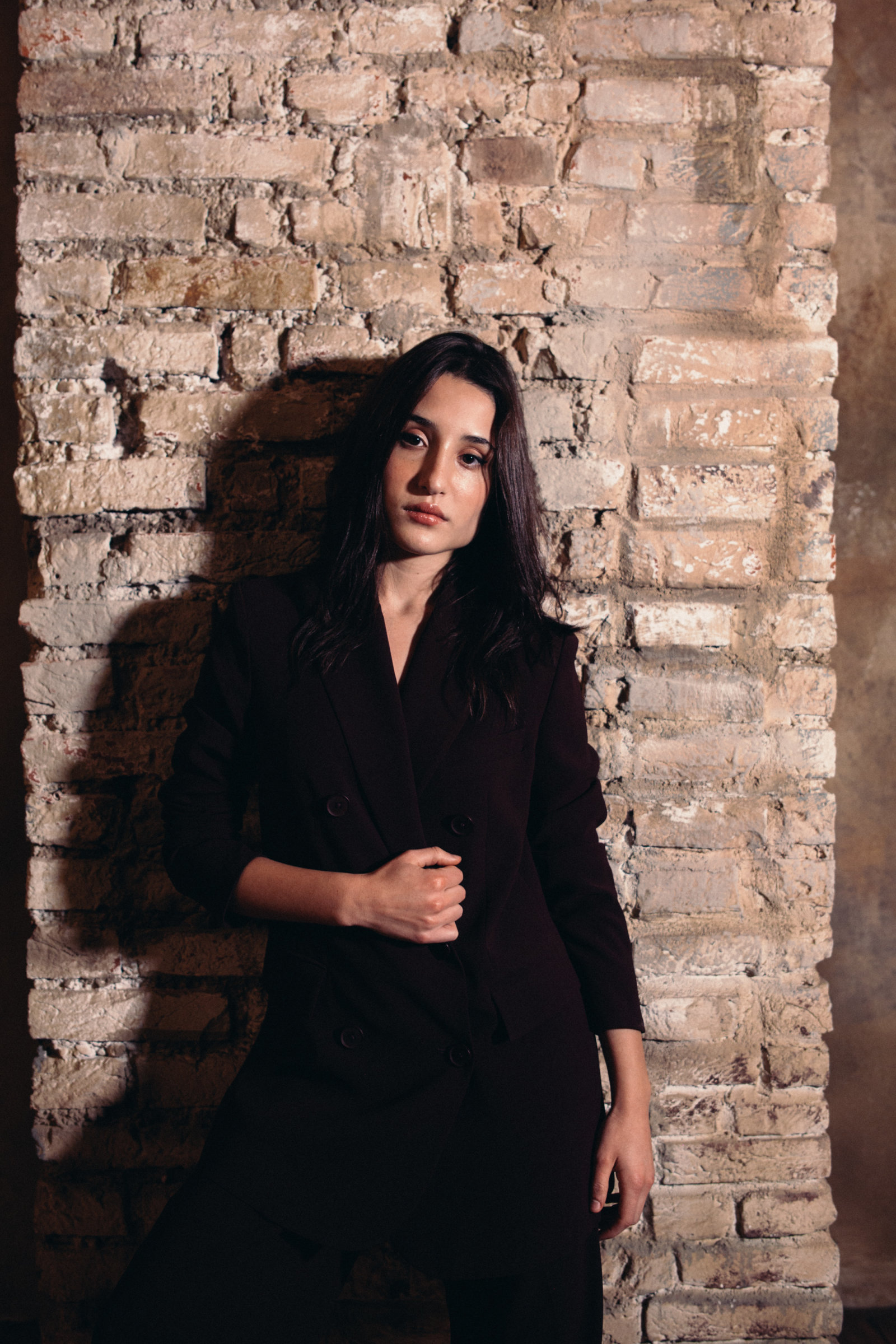
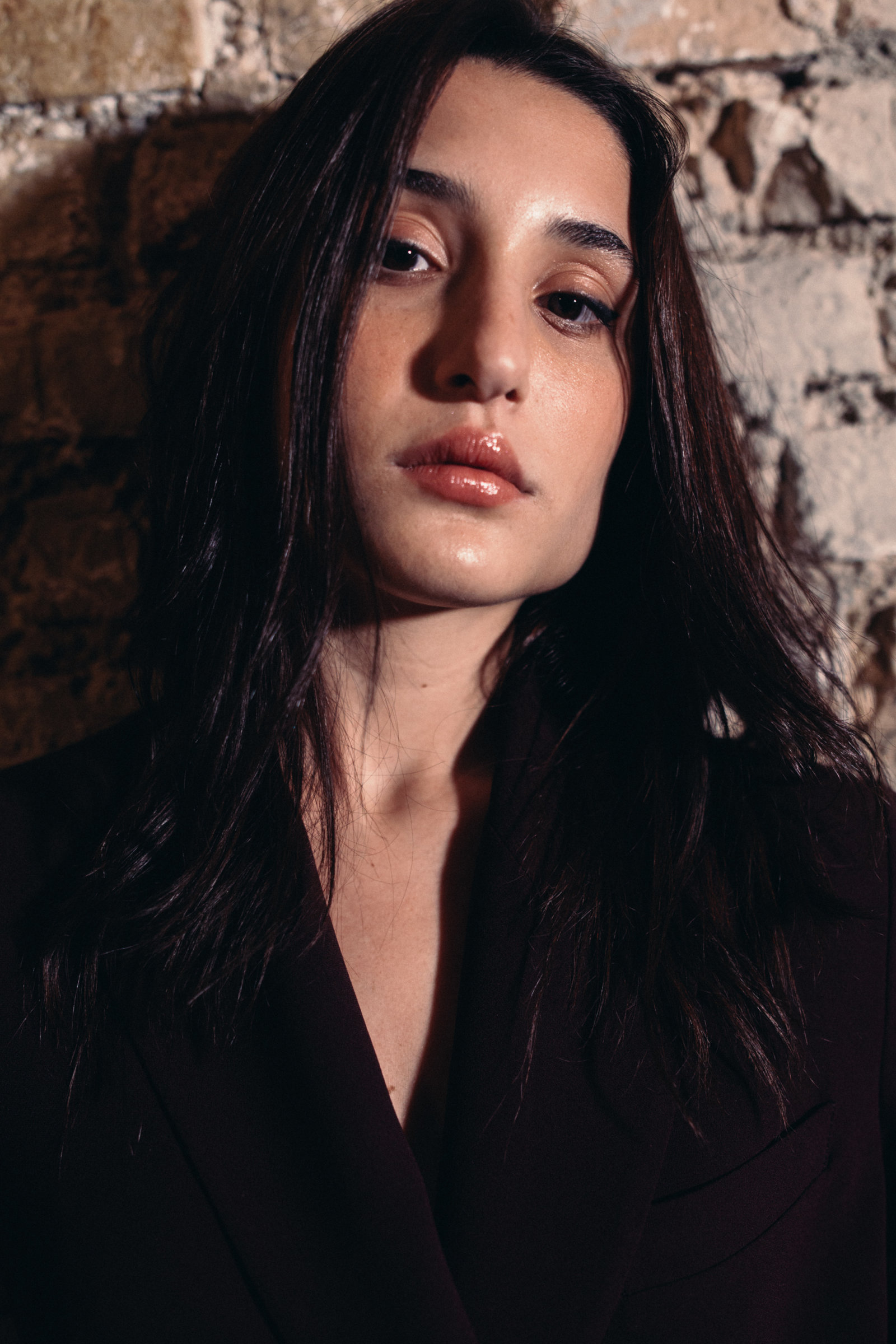
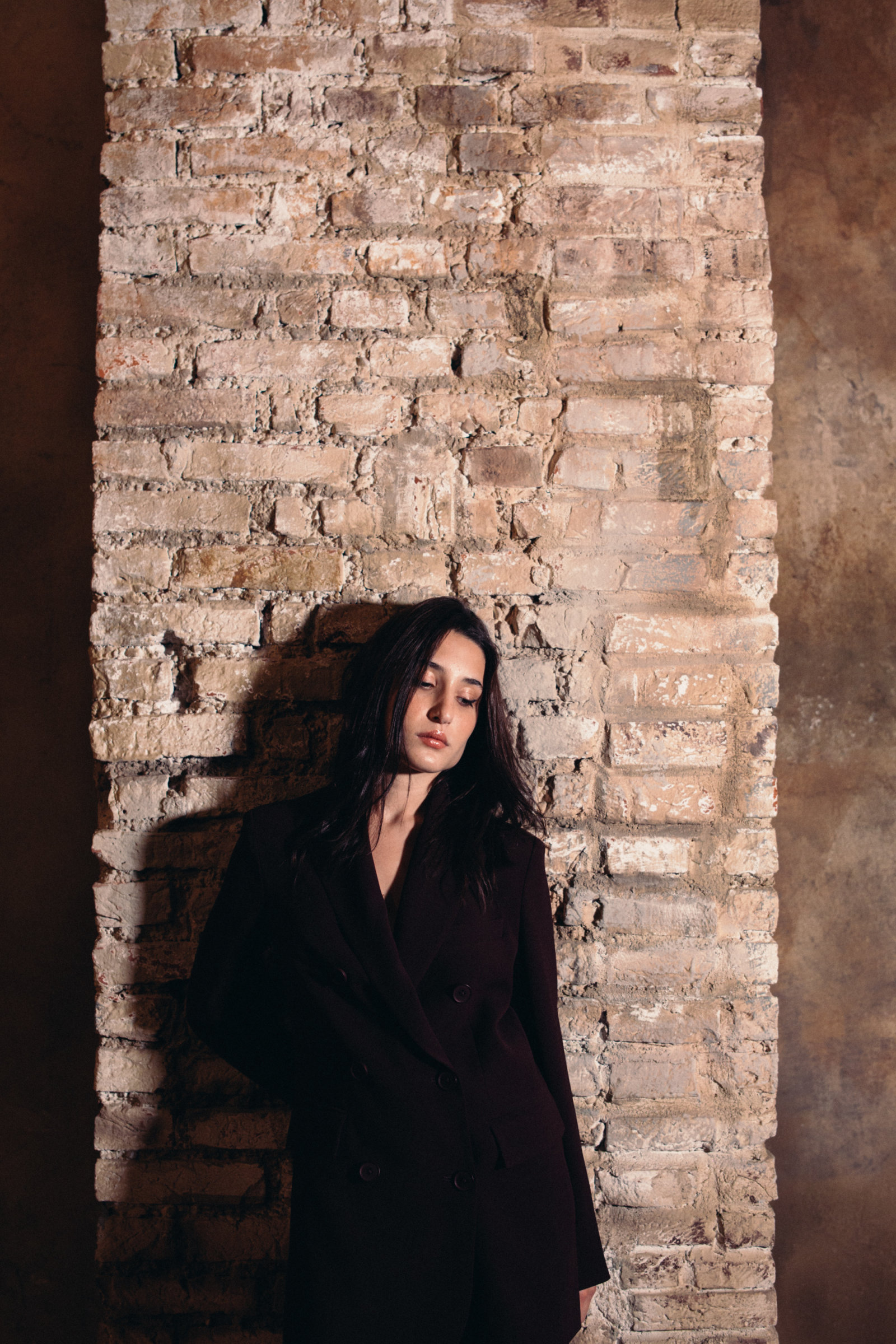
“LIVING.”
Credits:
Photos and Video: The Italian Rêve Production
Makeup and Hair: Chantal Ciaffardini
Dress: Gucci
Earrings: Gucci
Suit: Isabelle Blanche Paris
Thanks to: Woolcan

